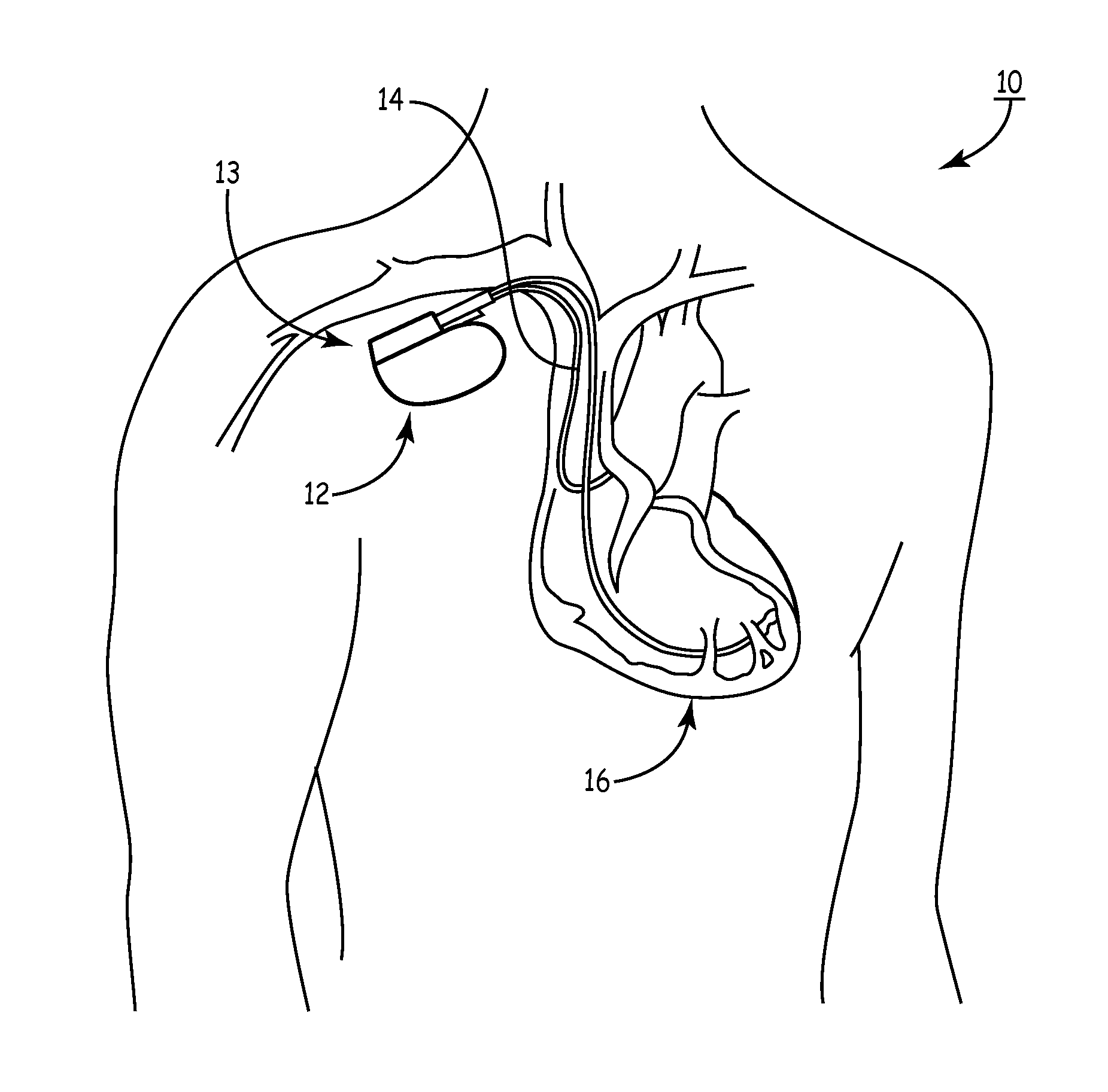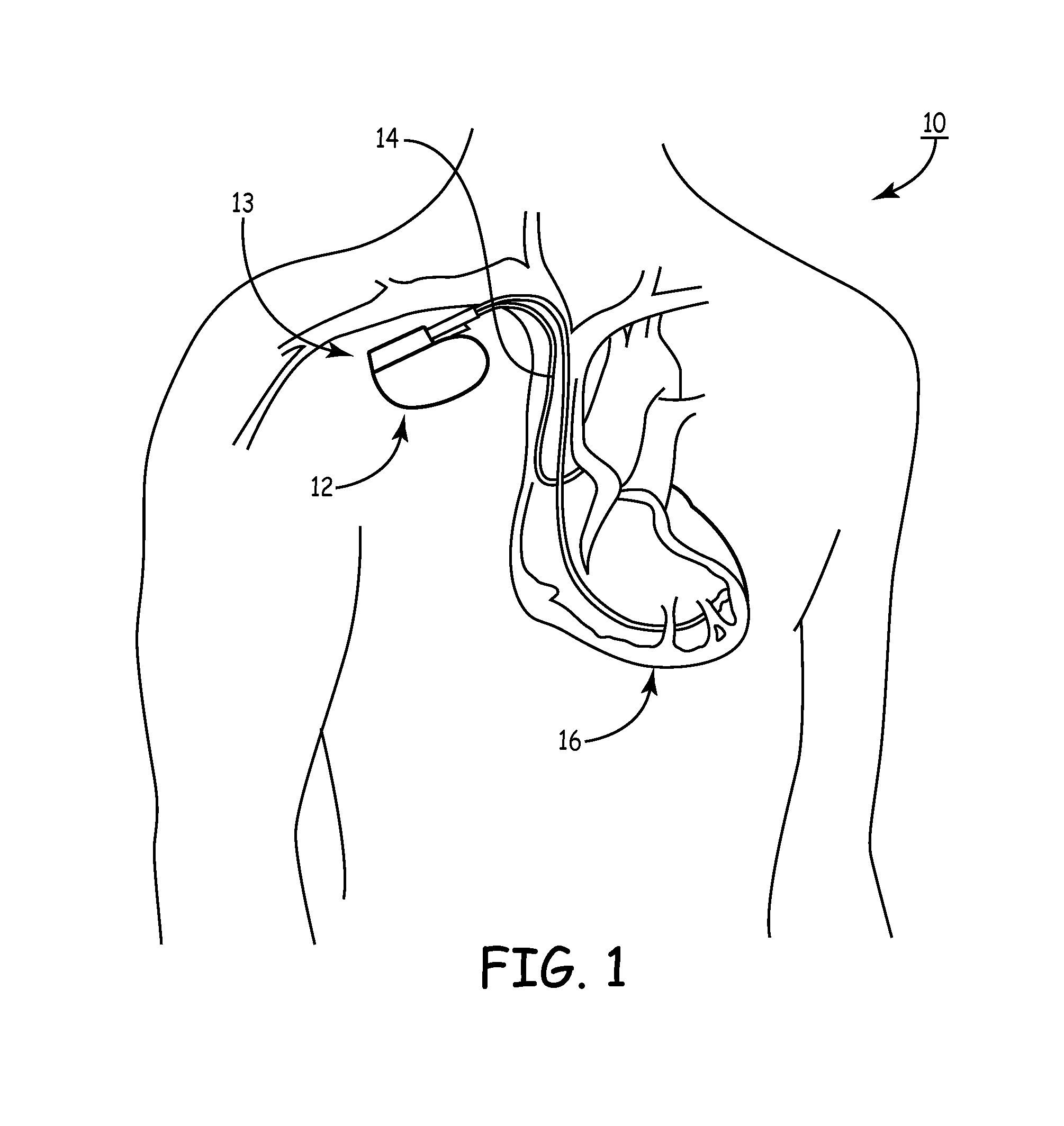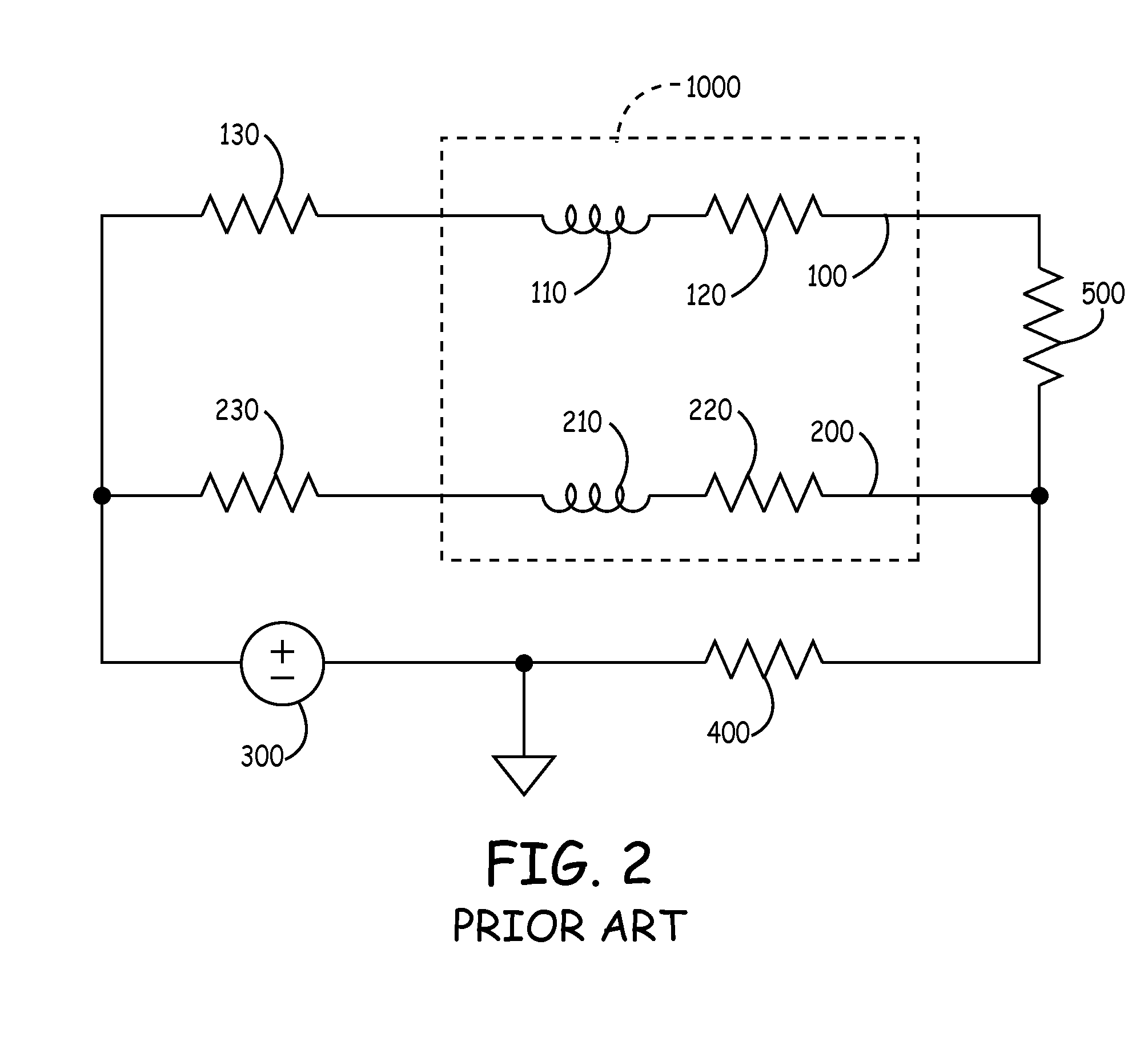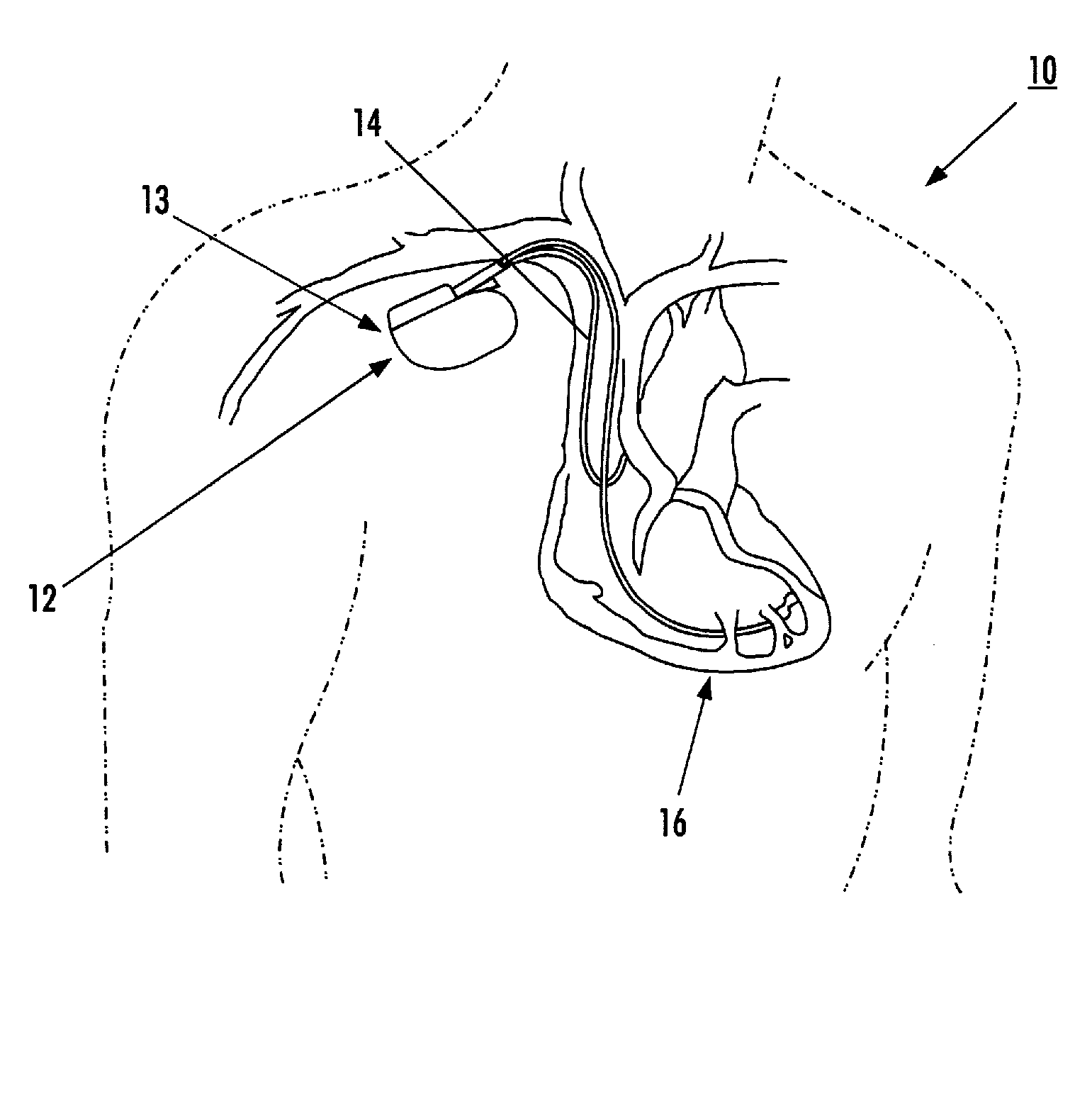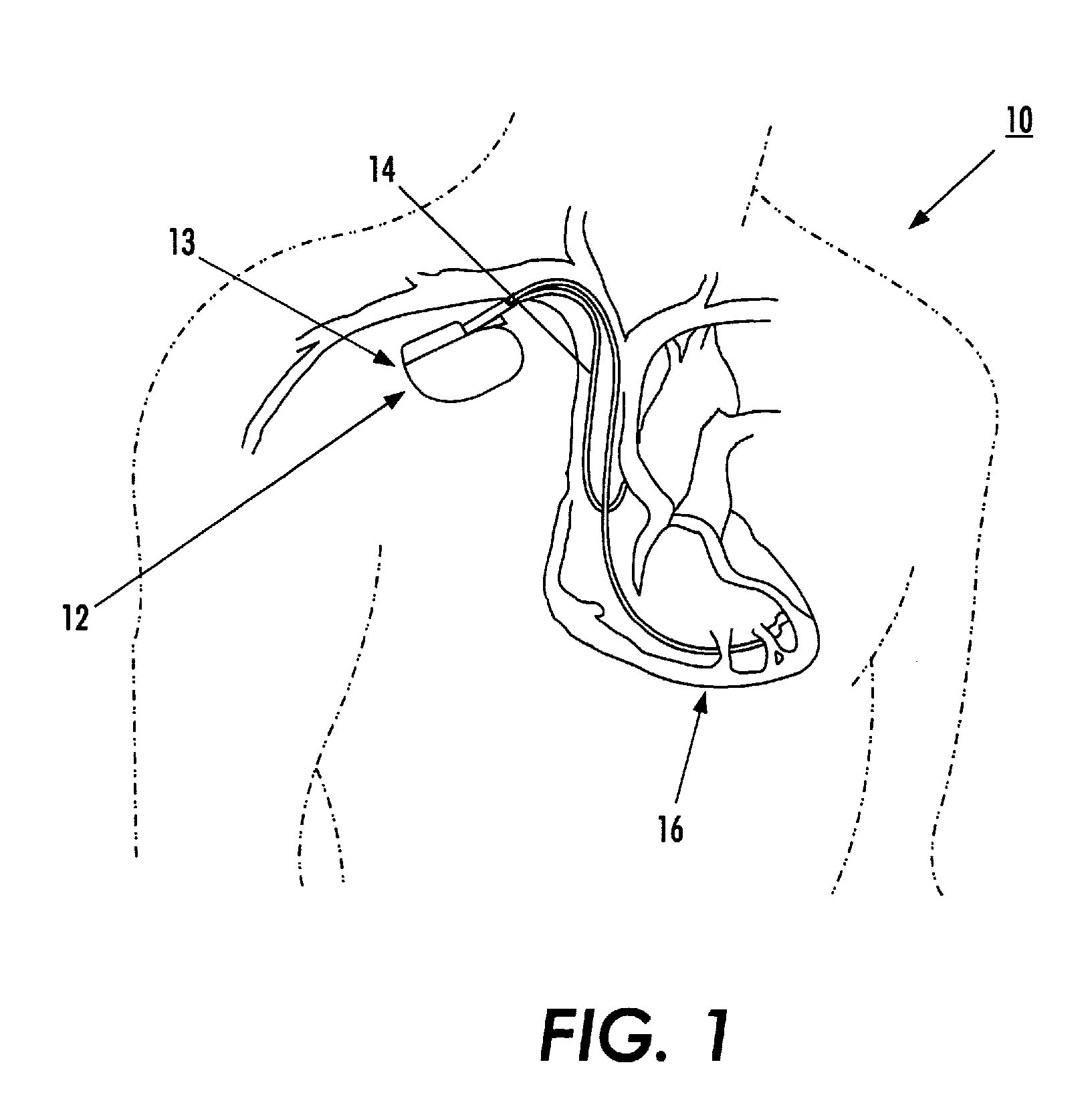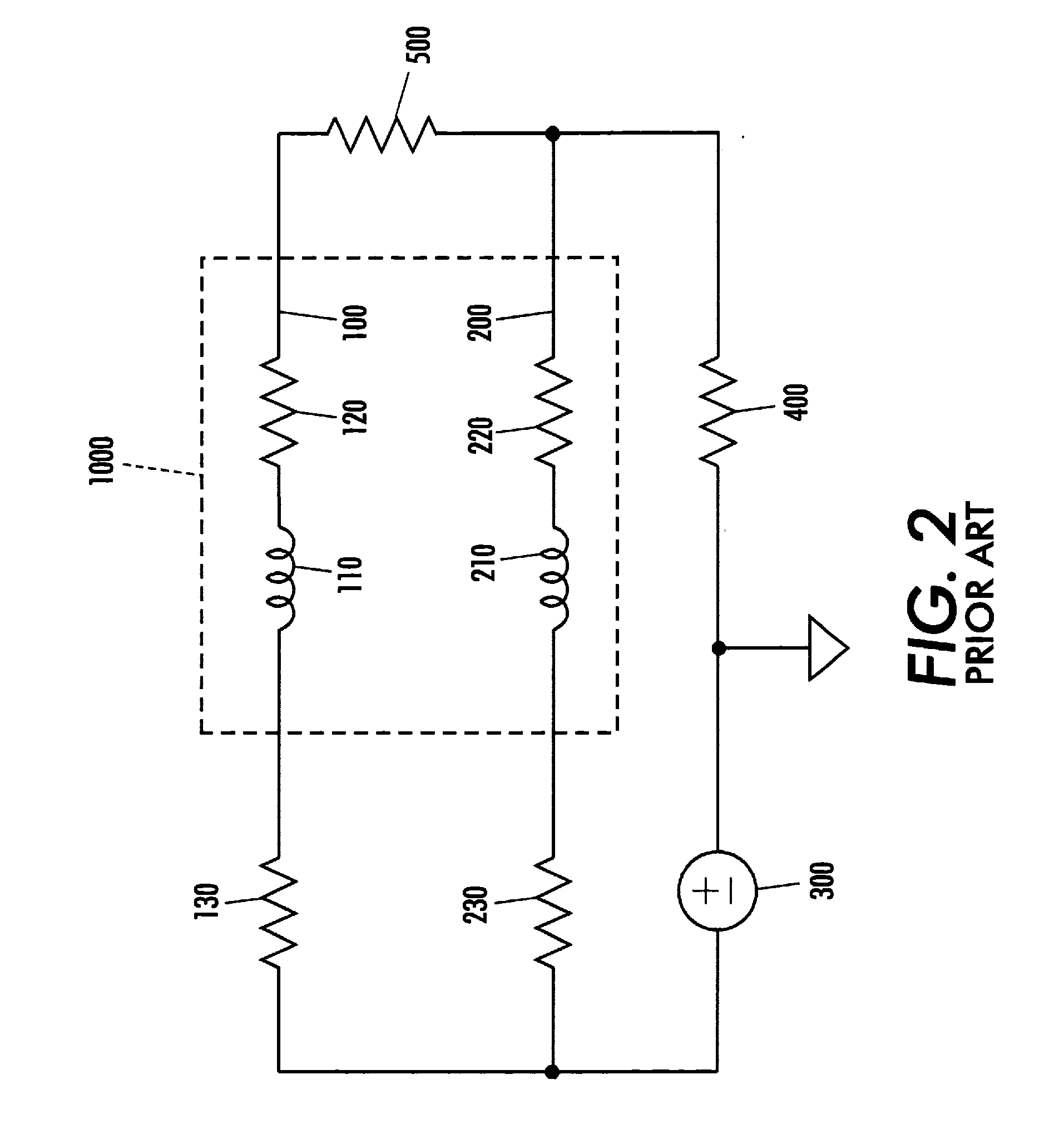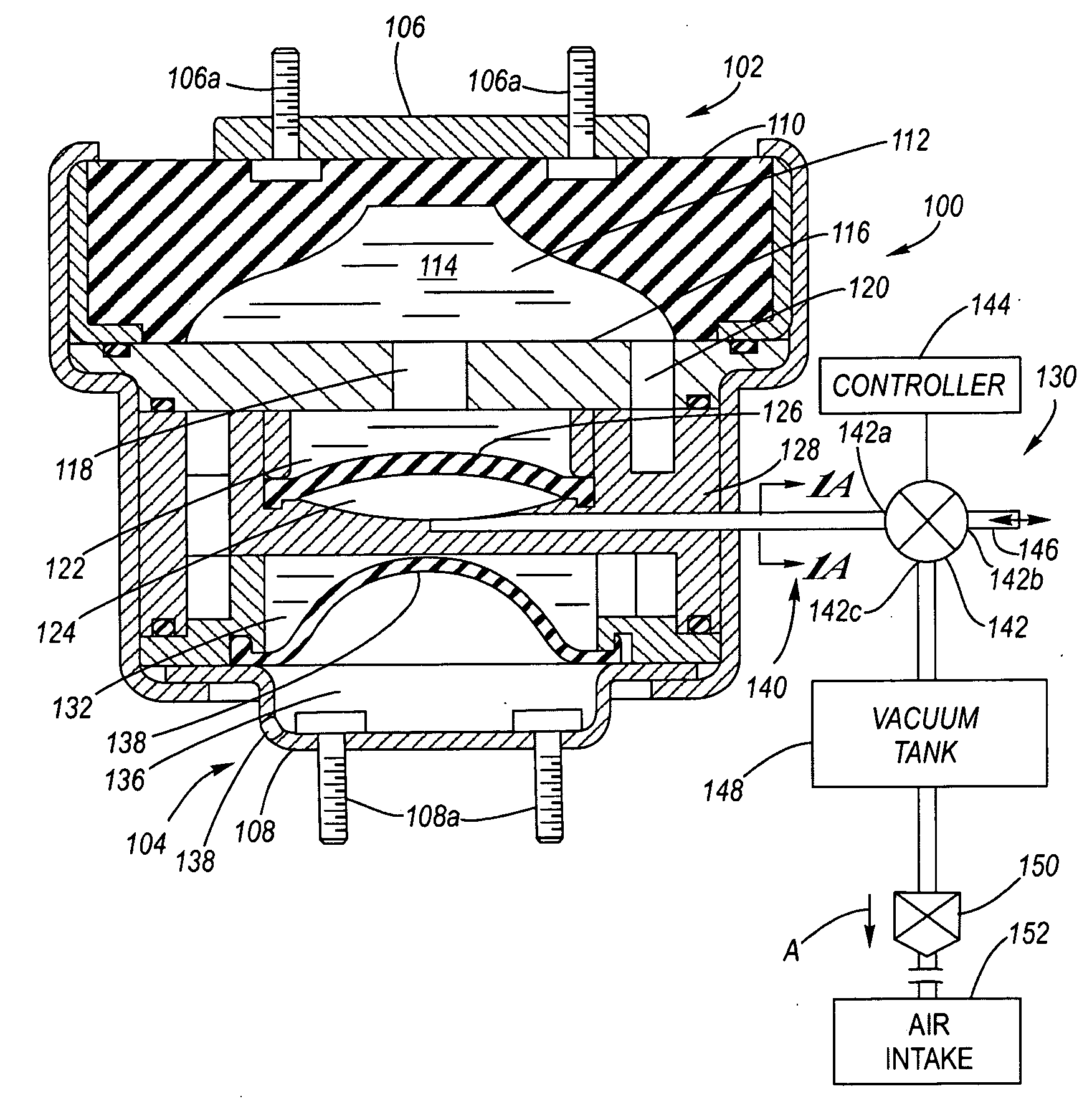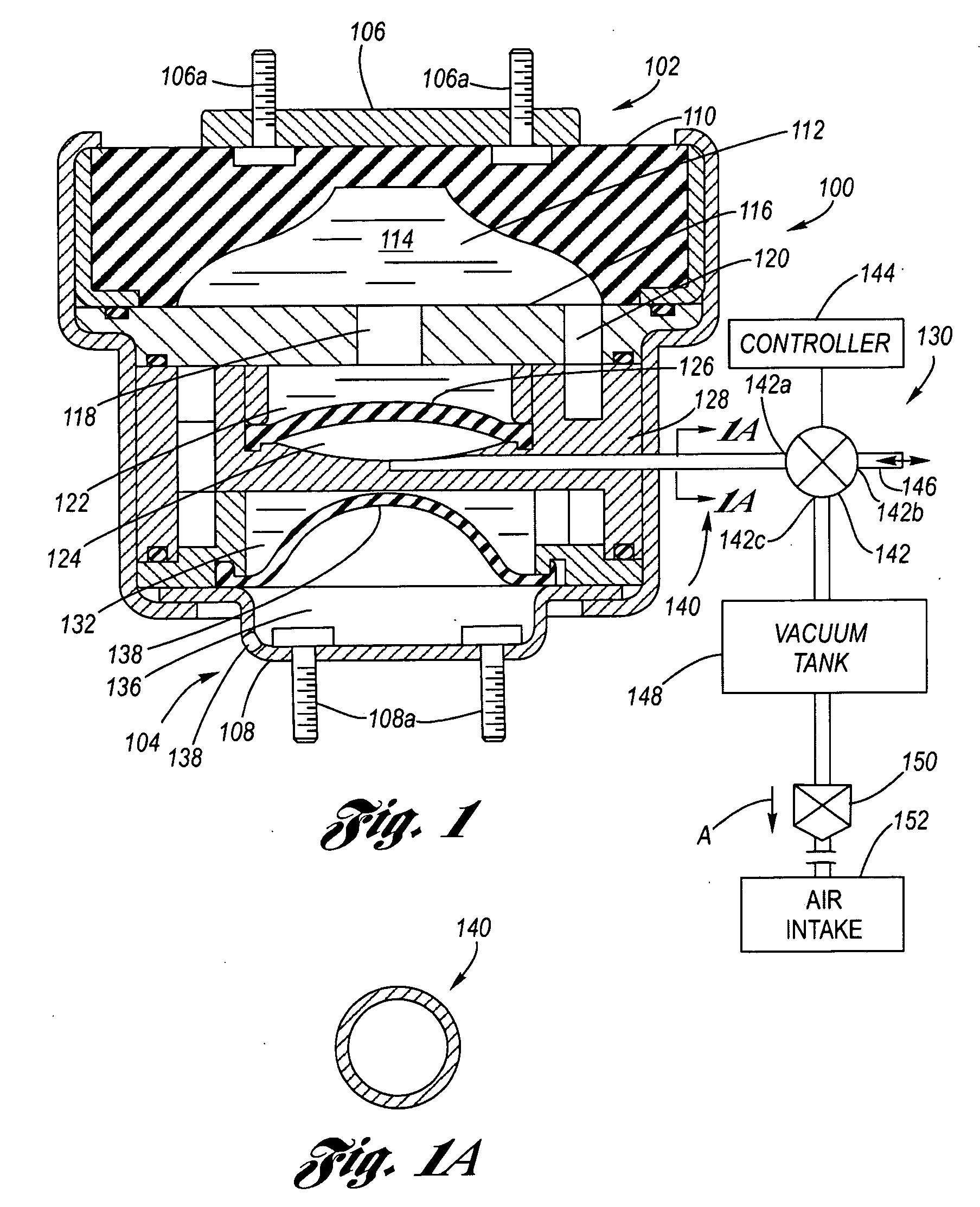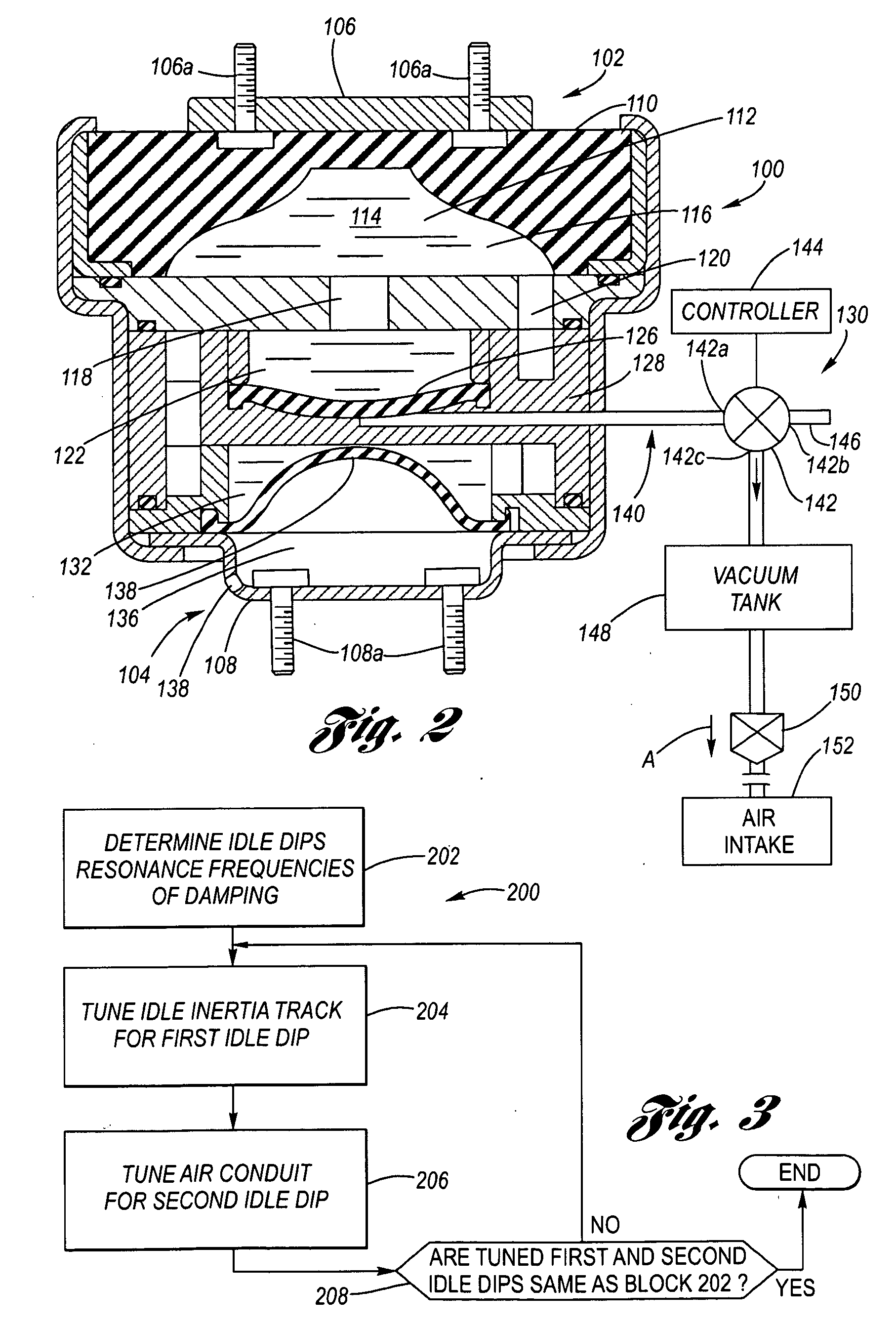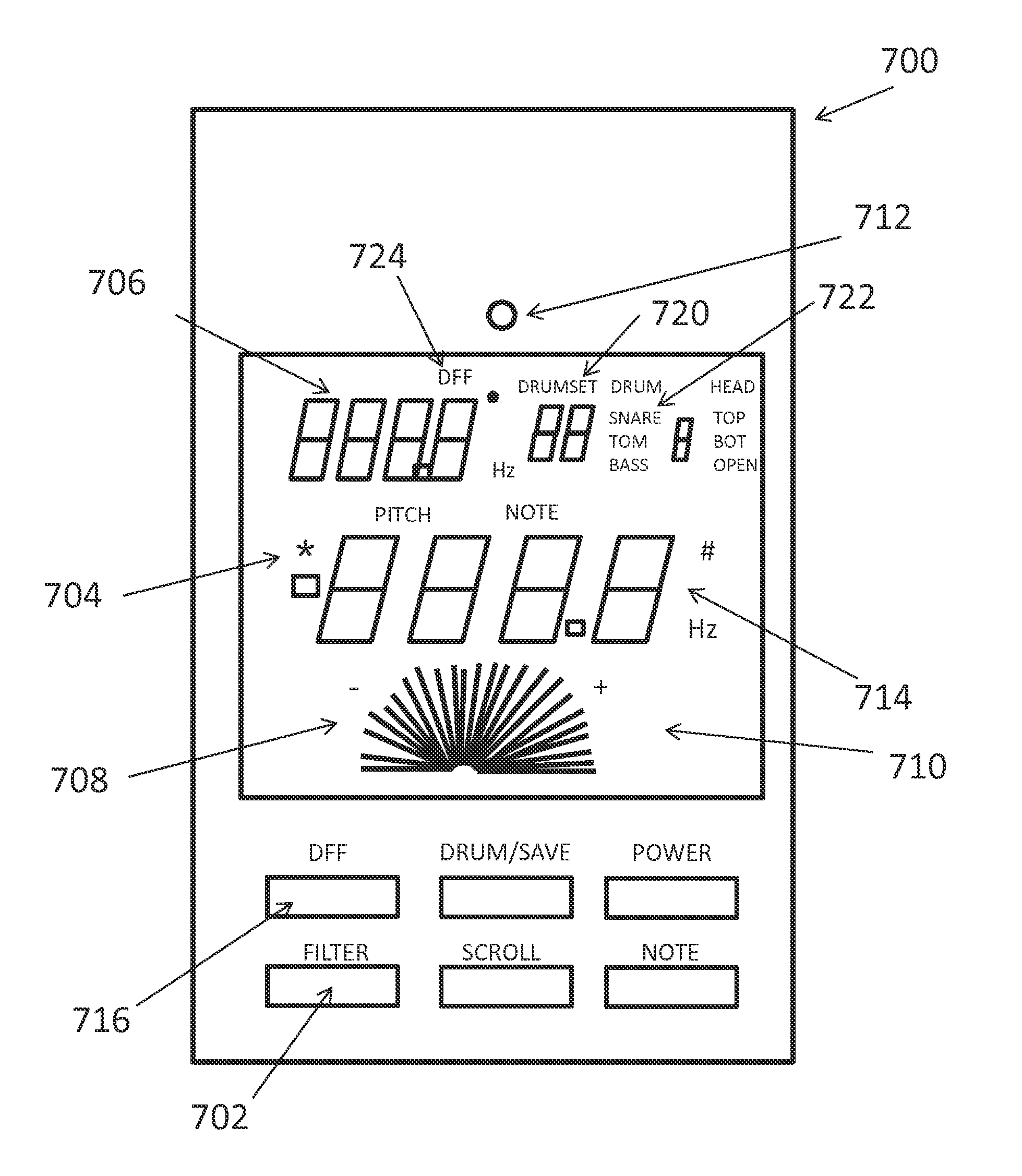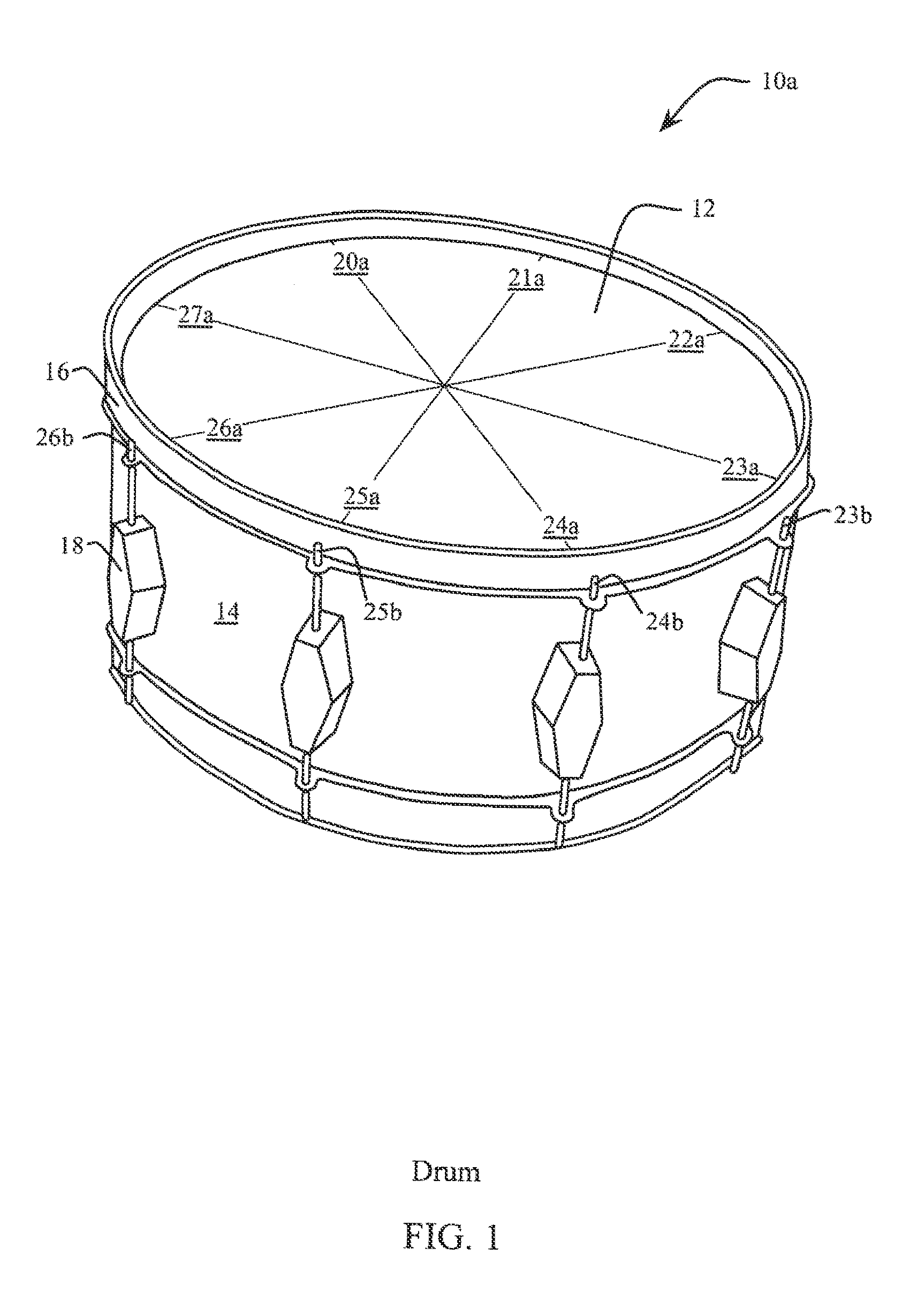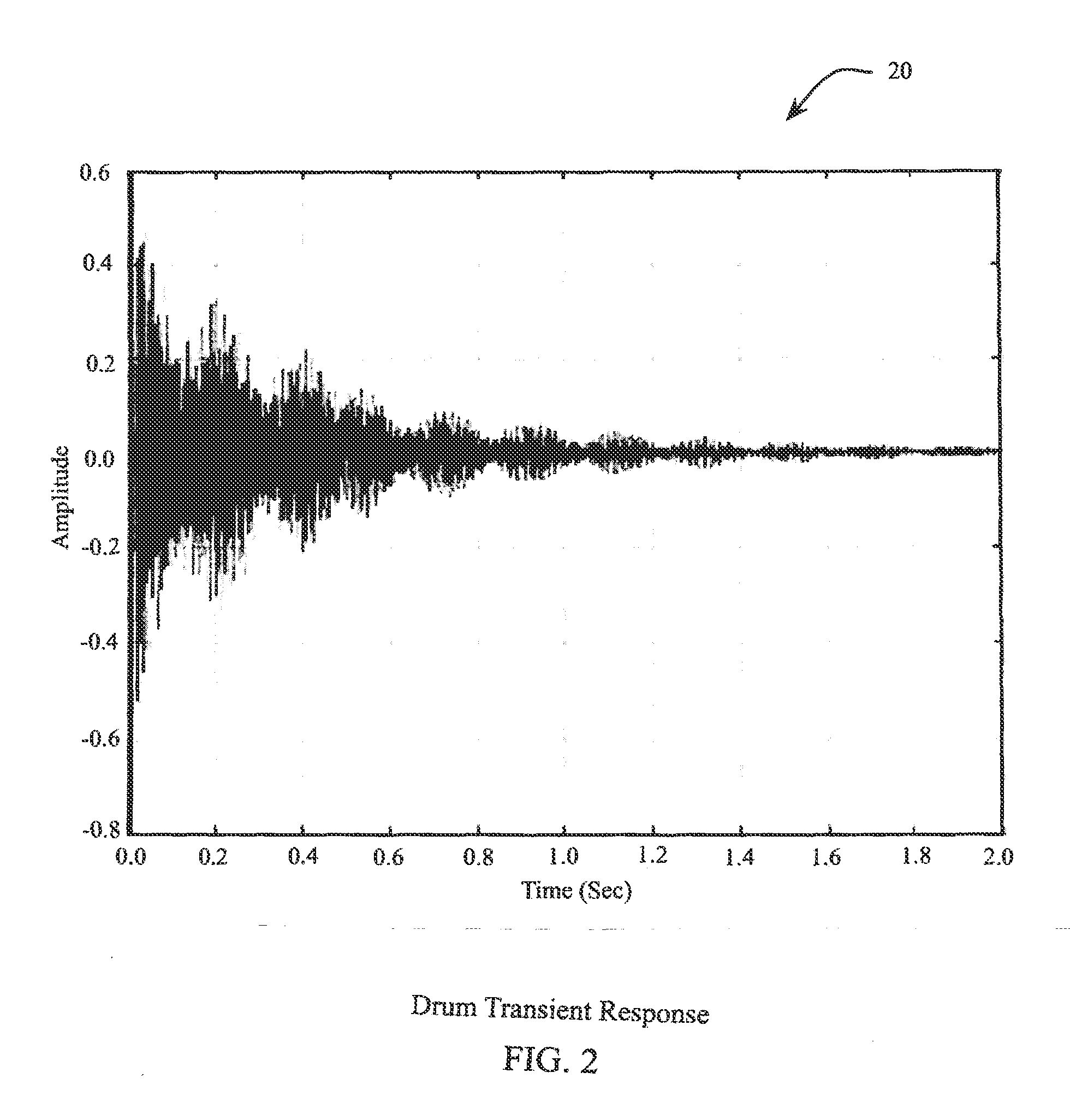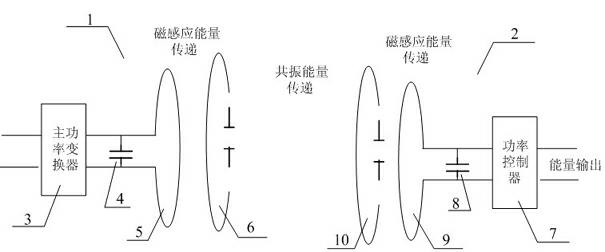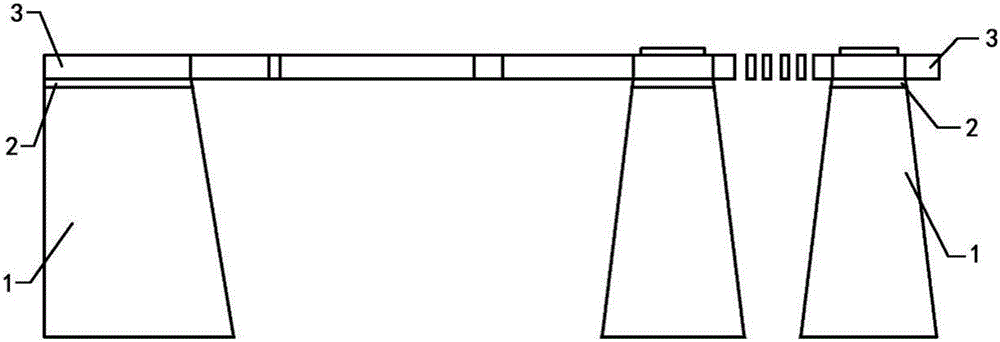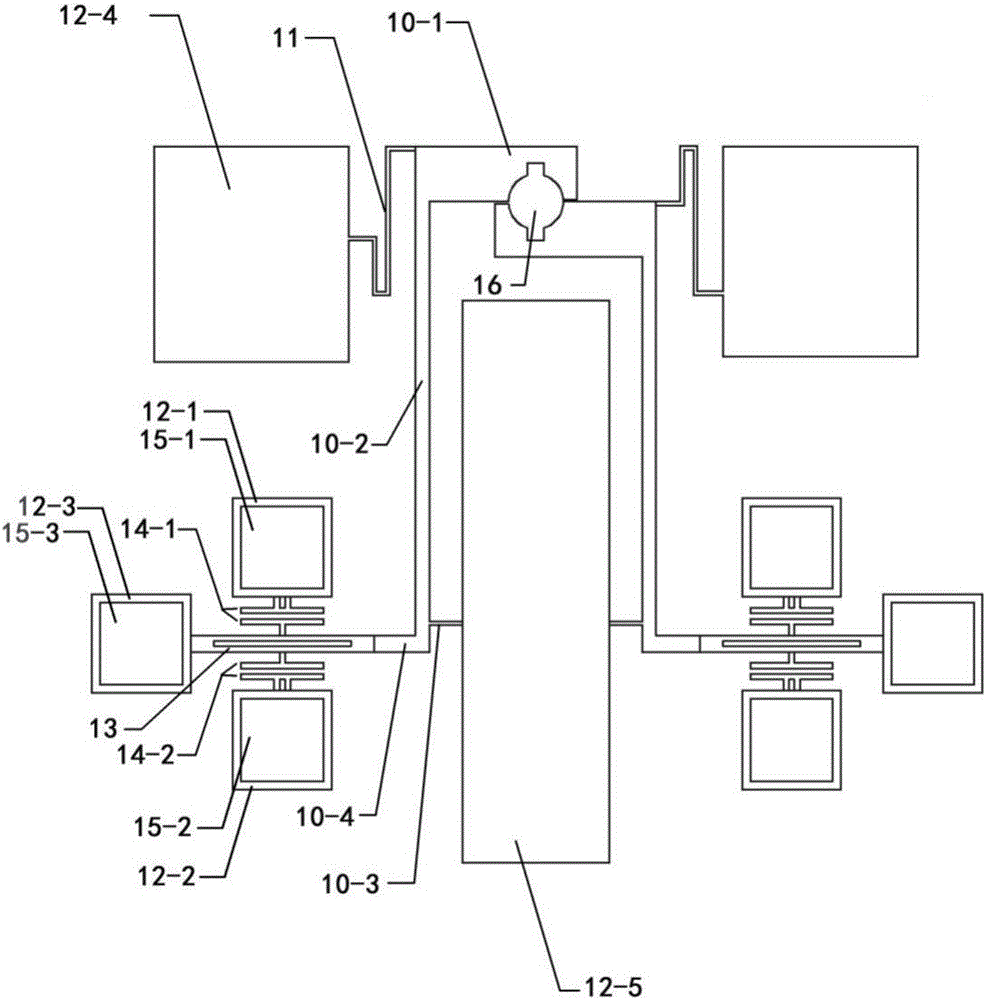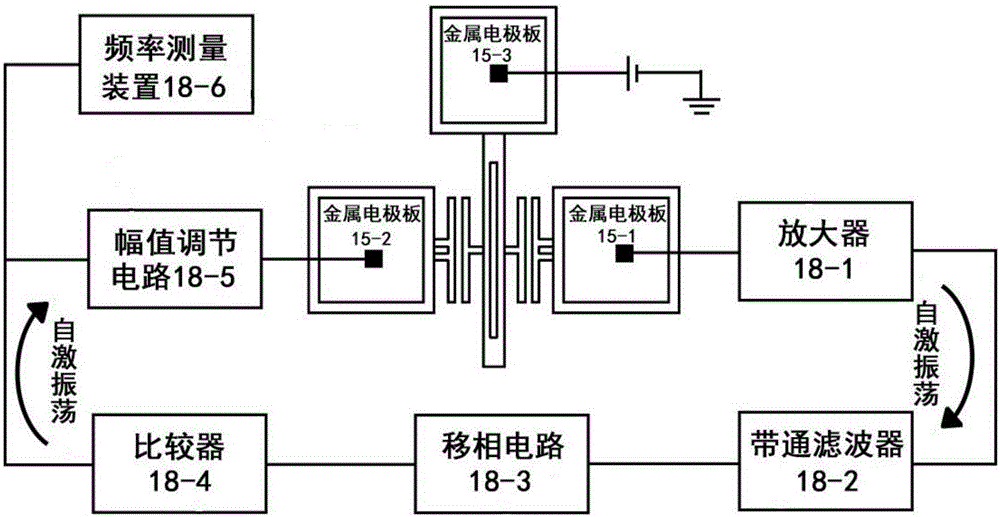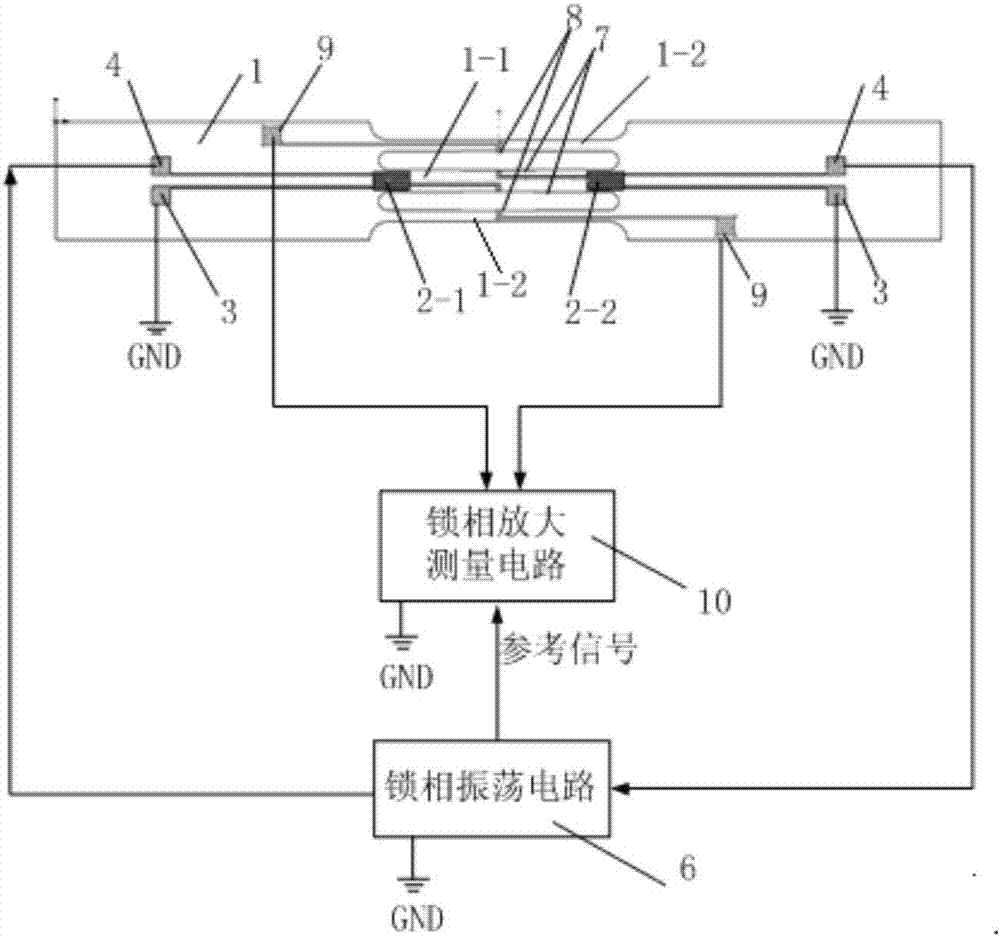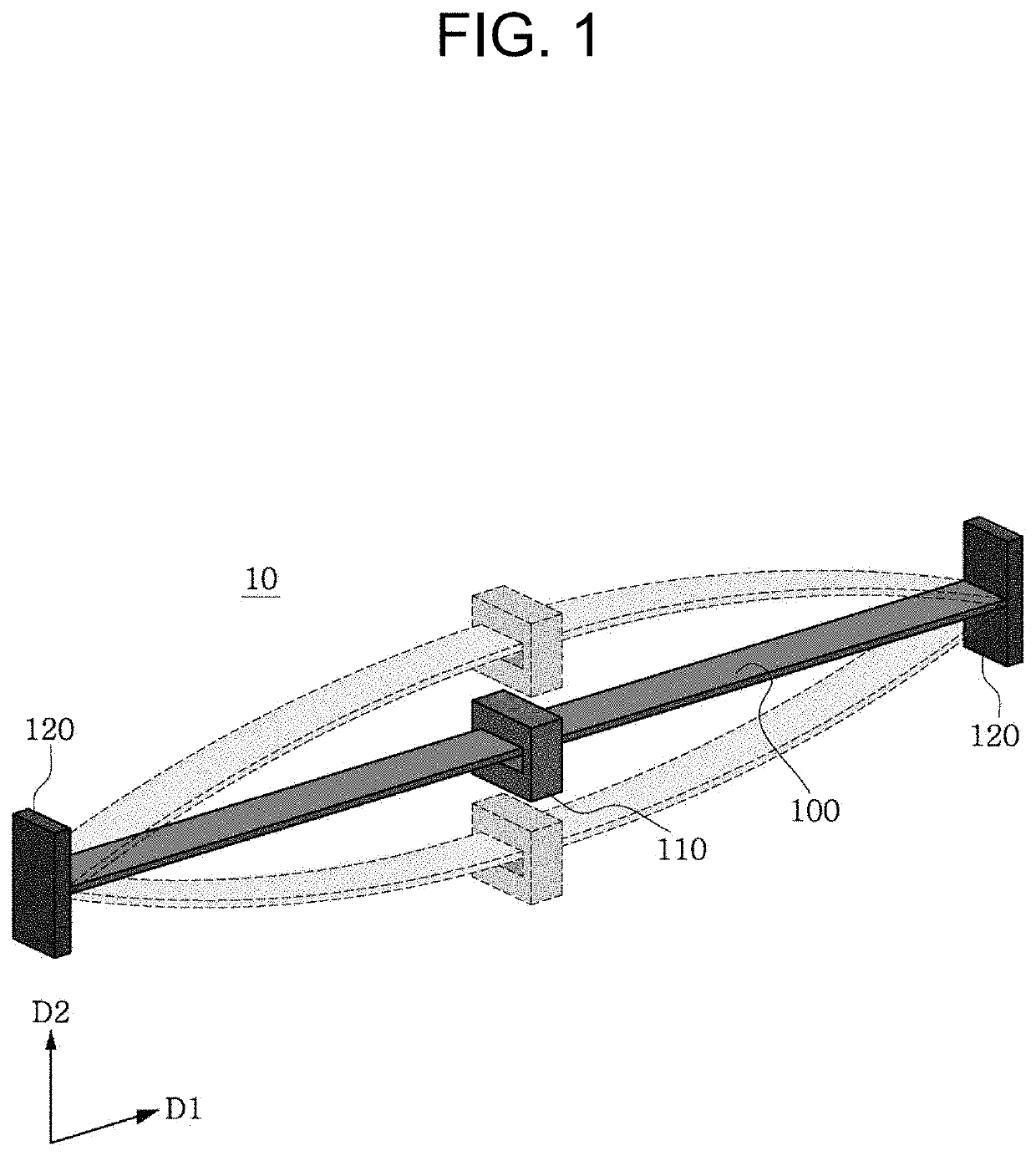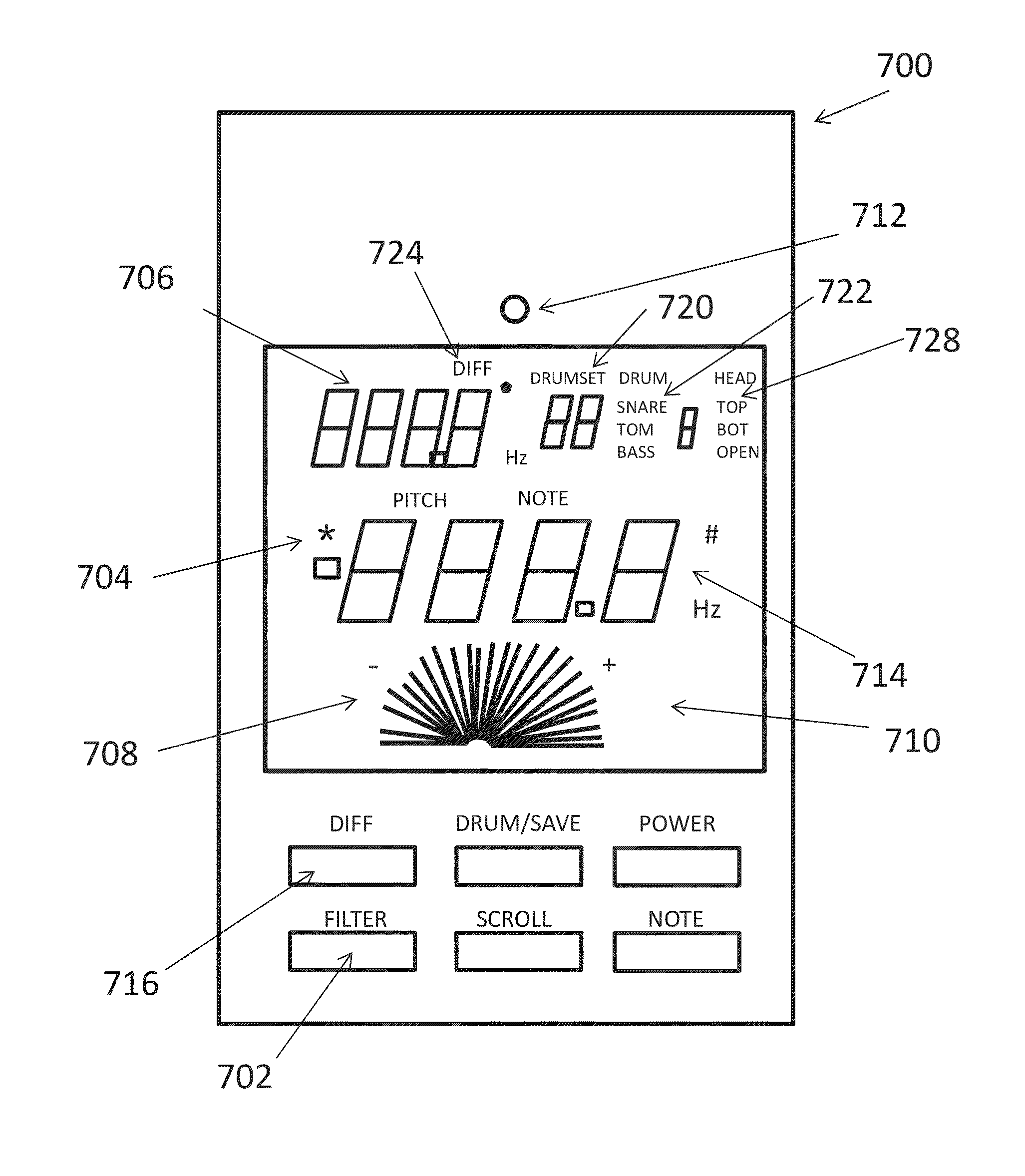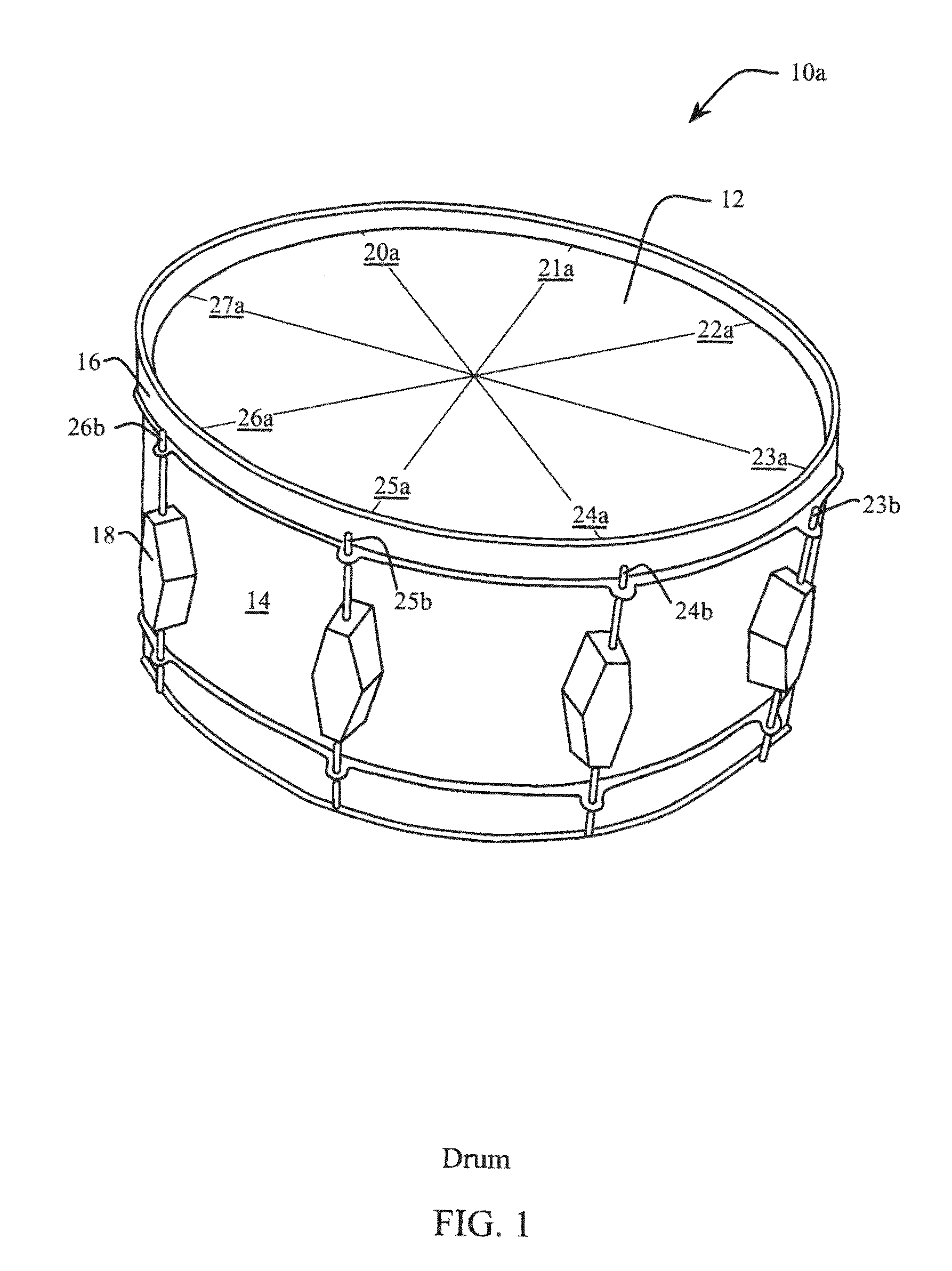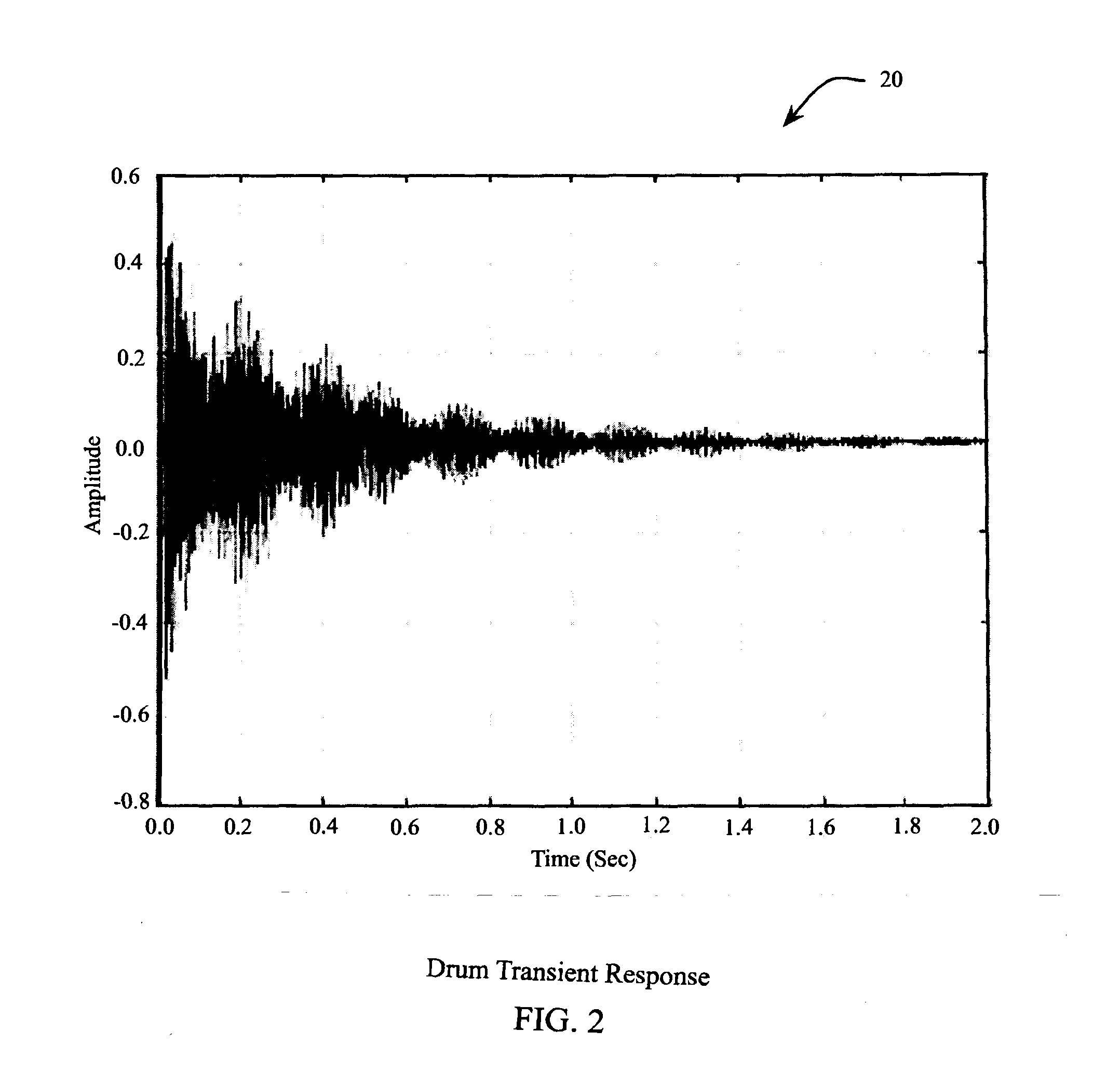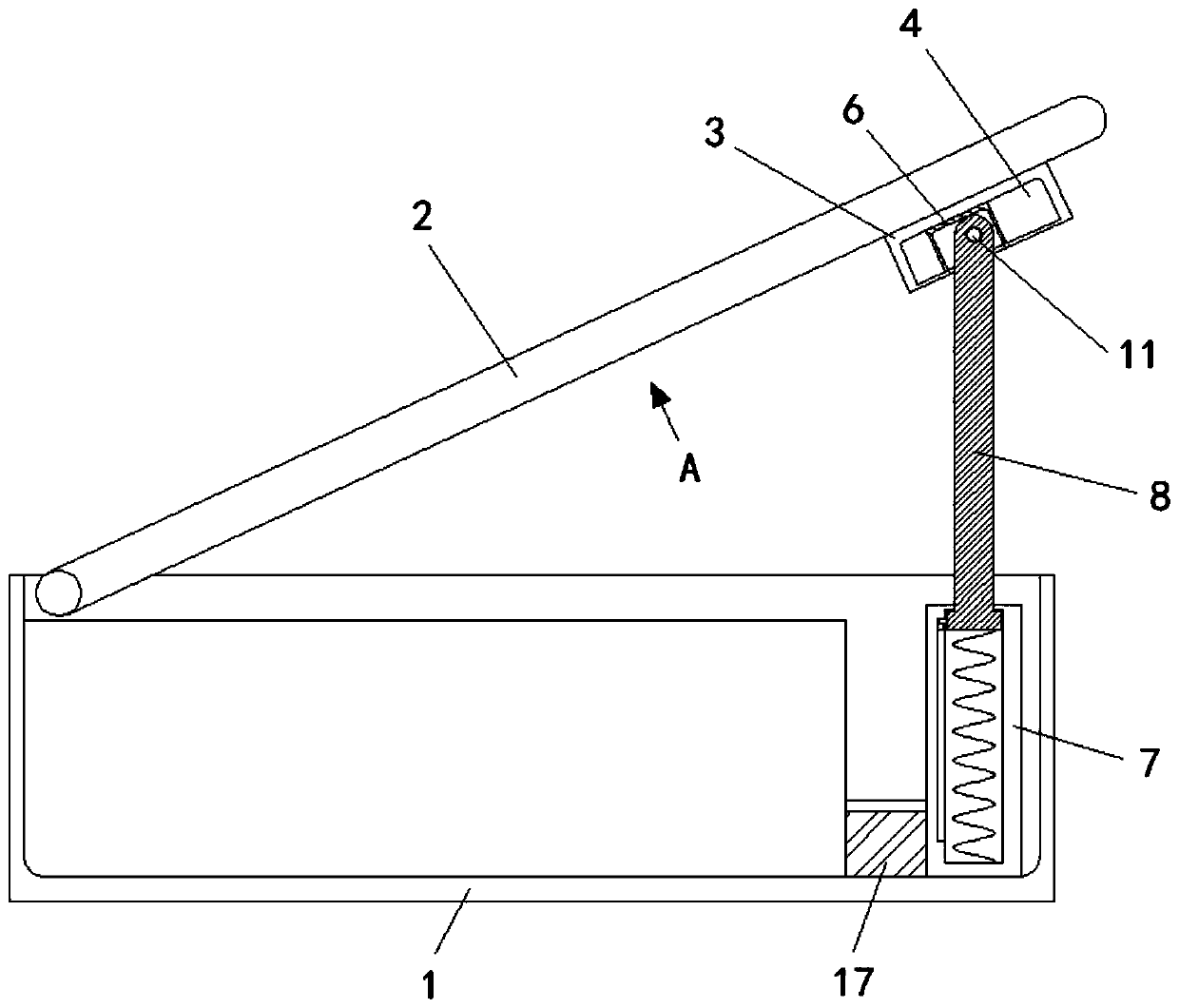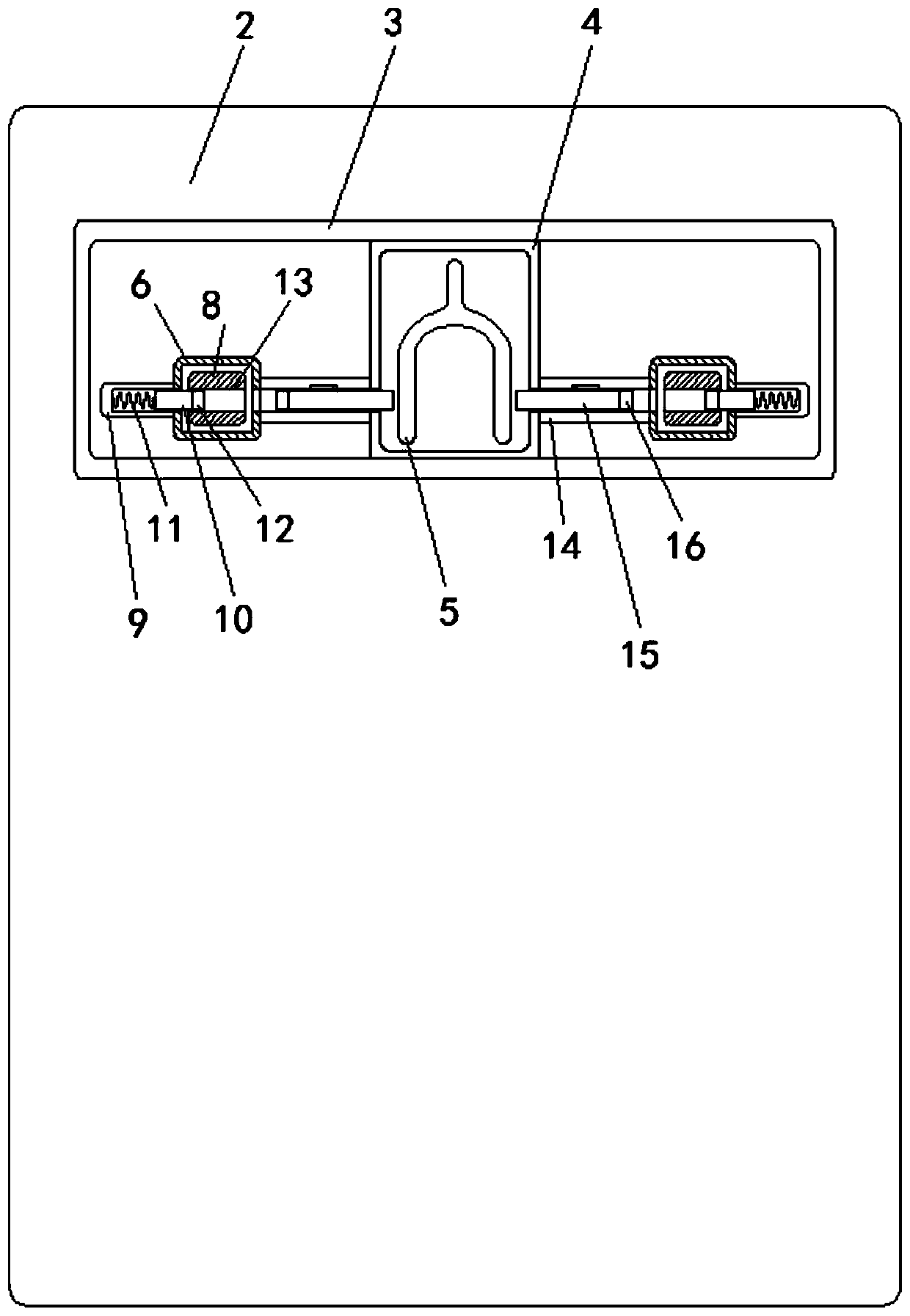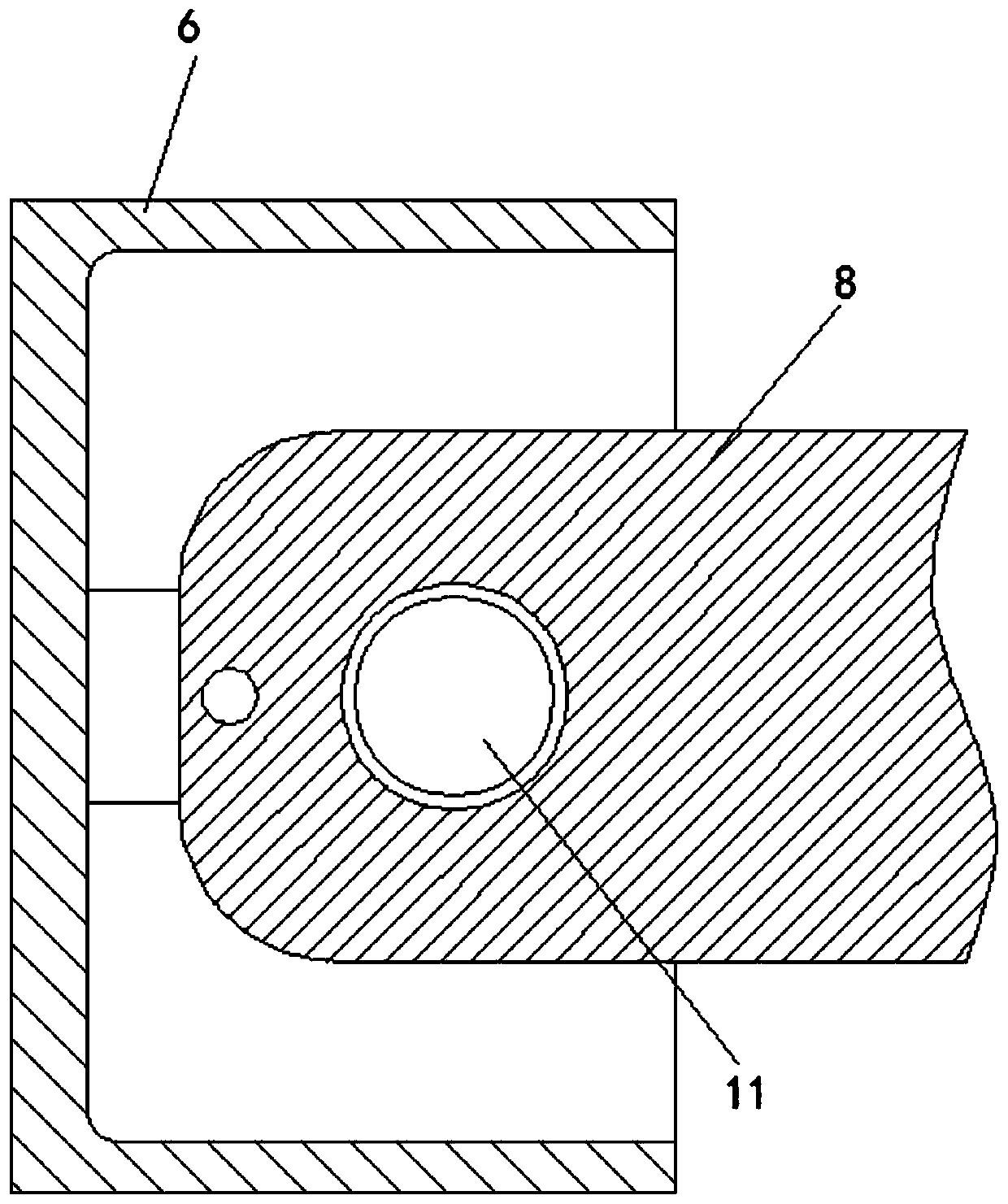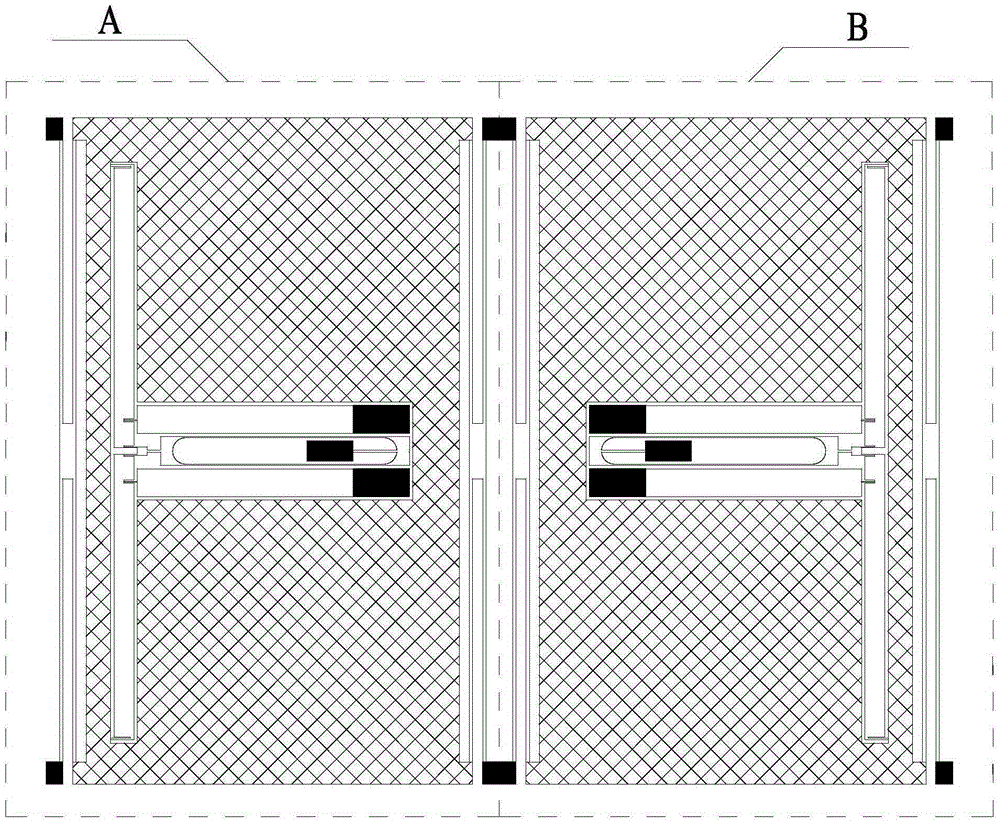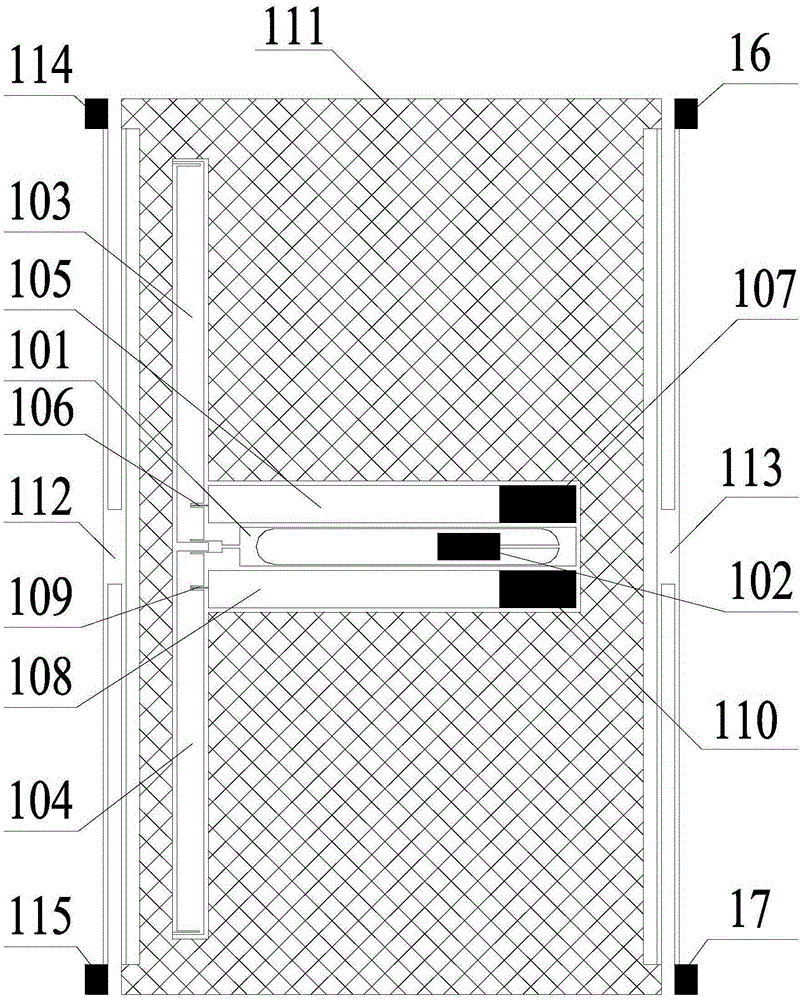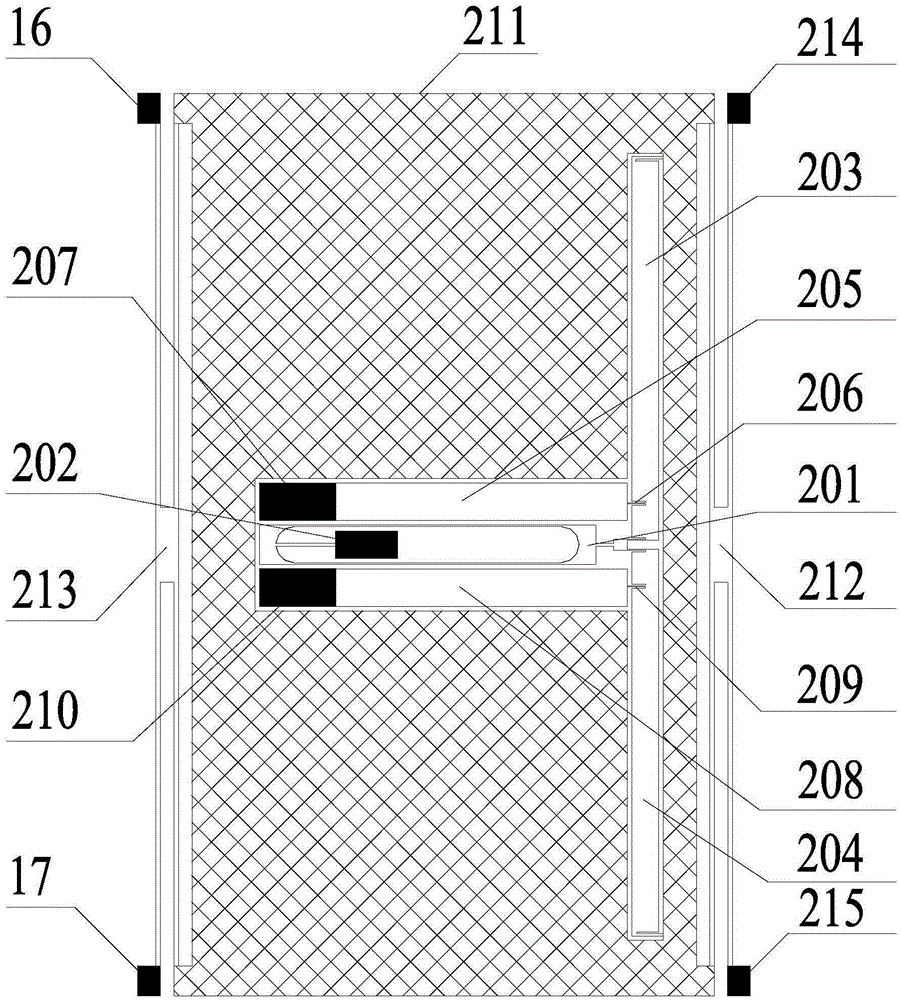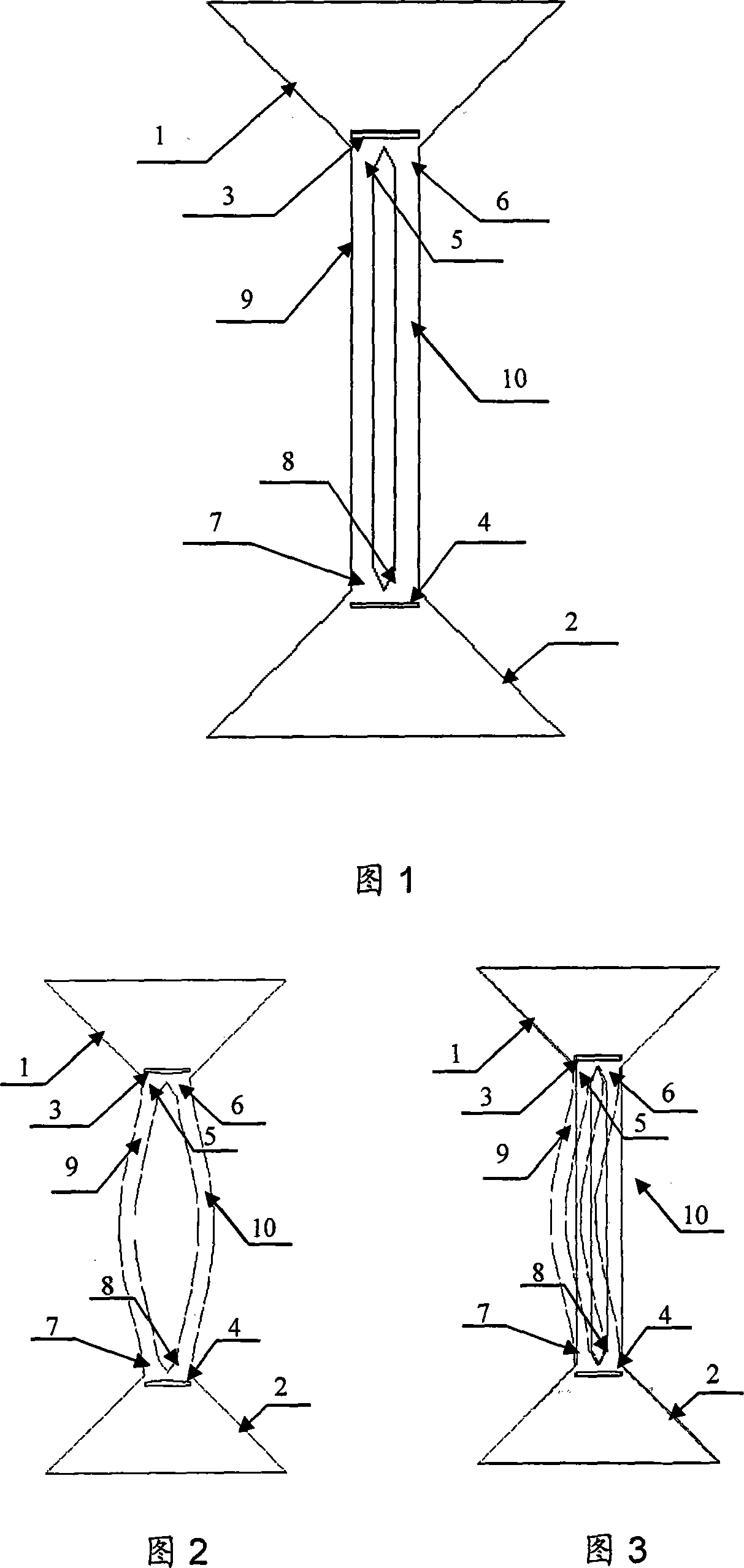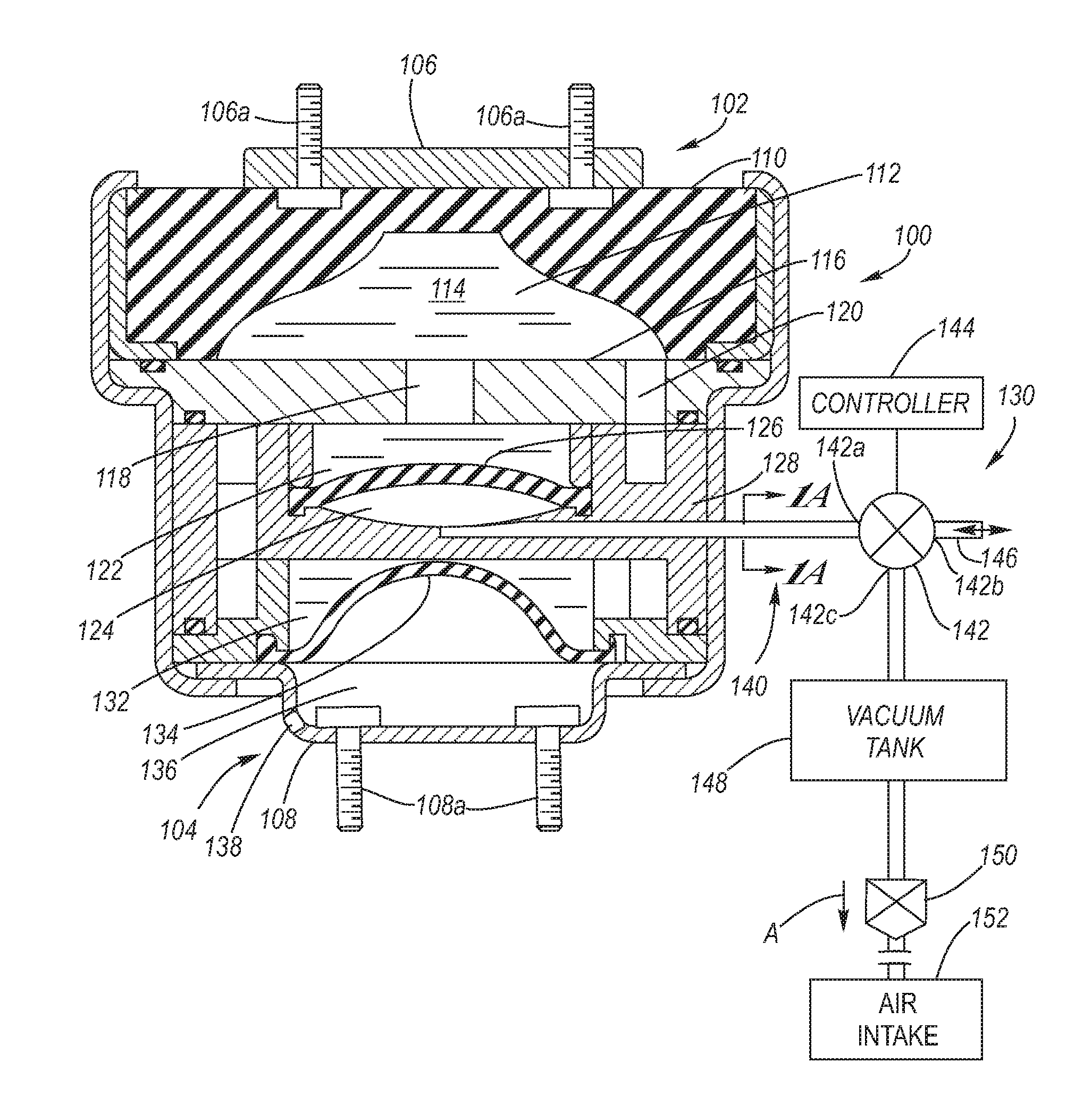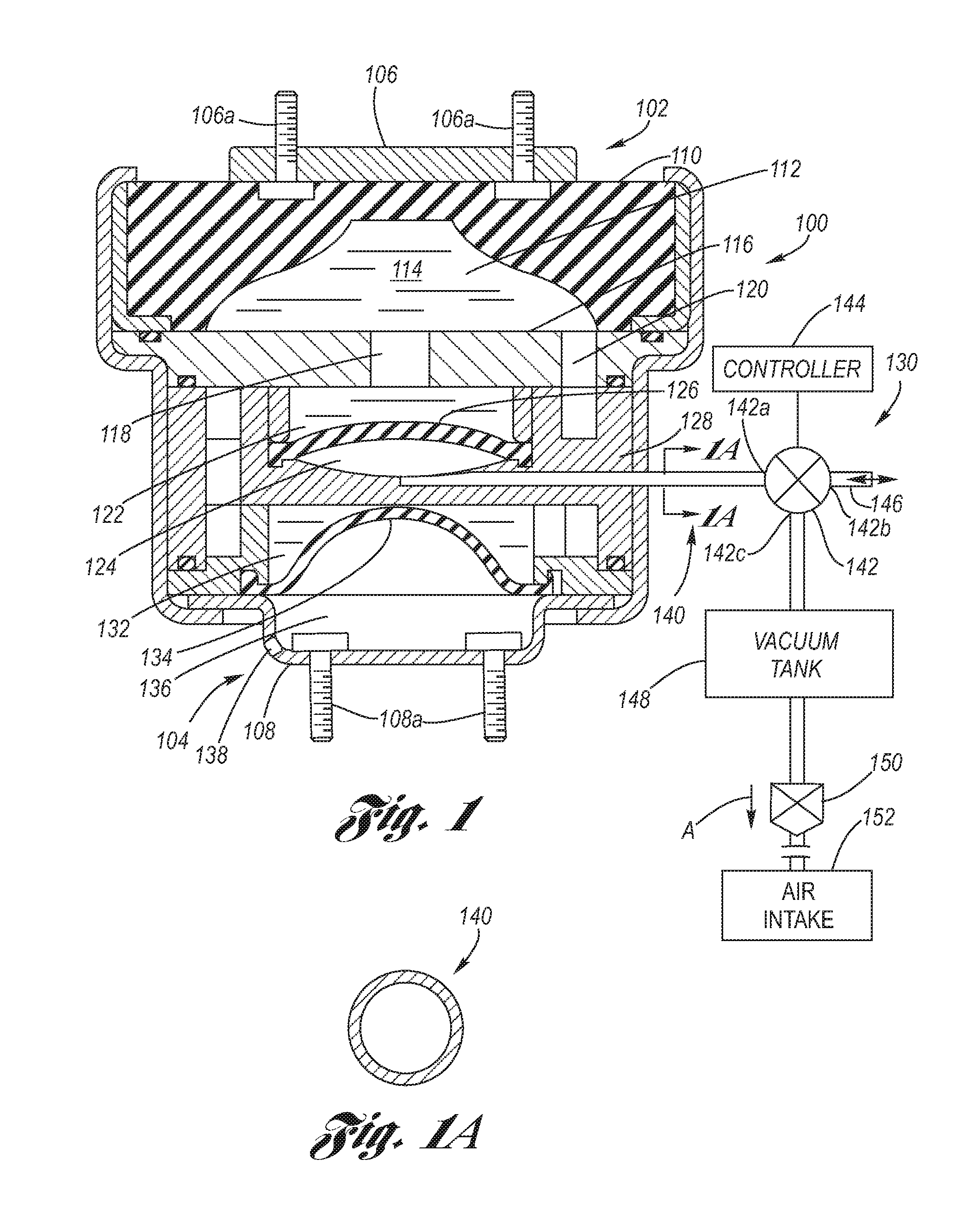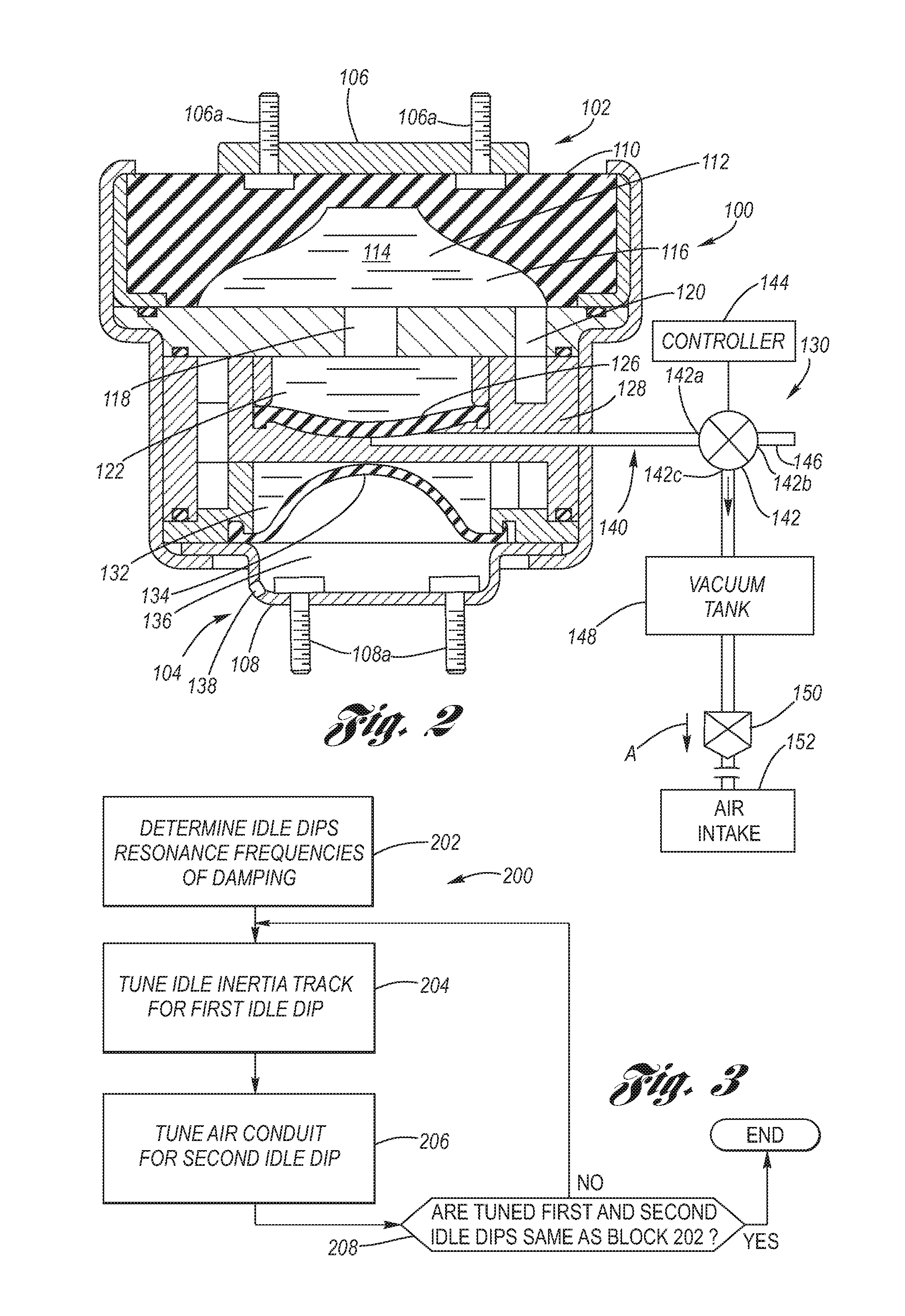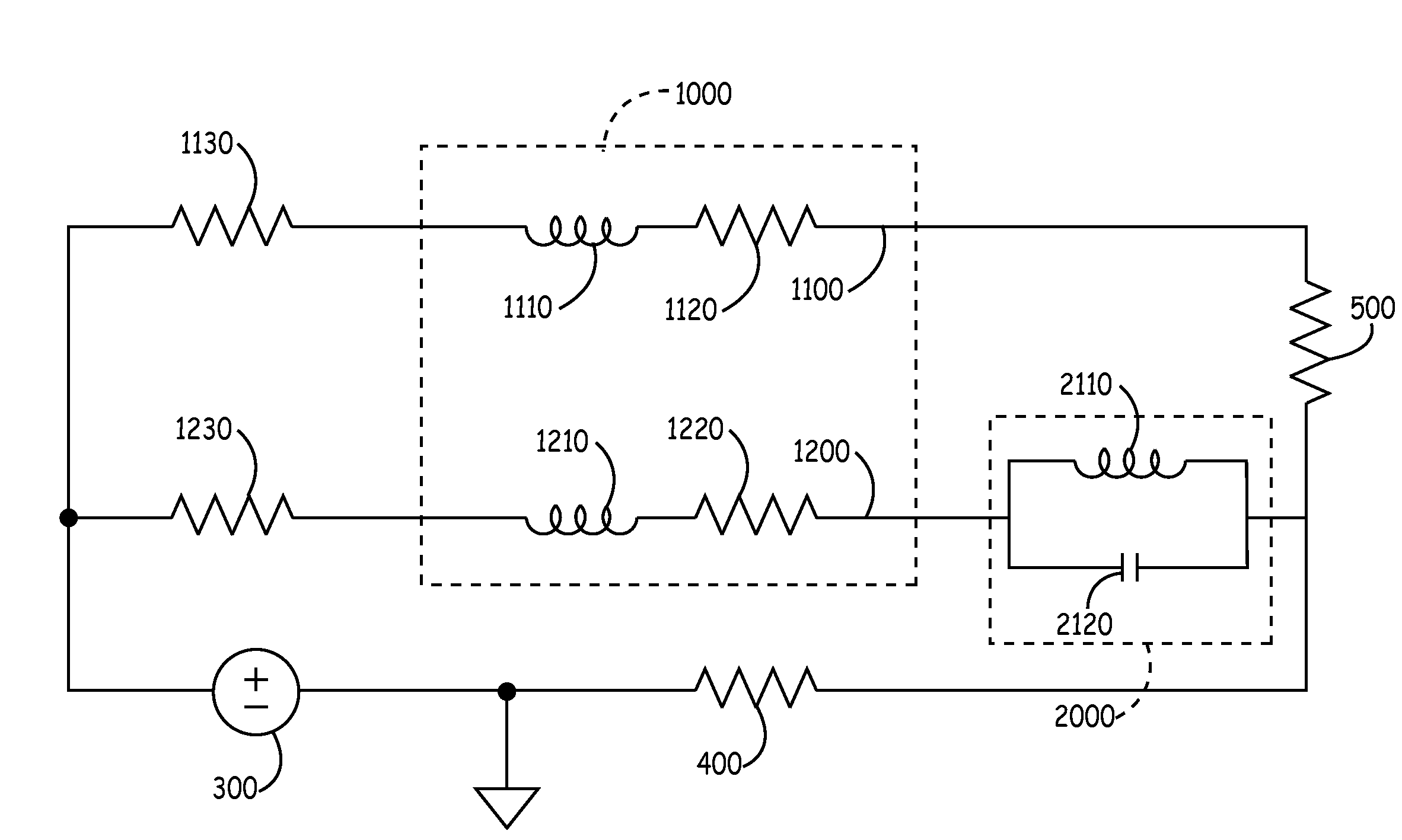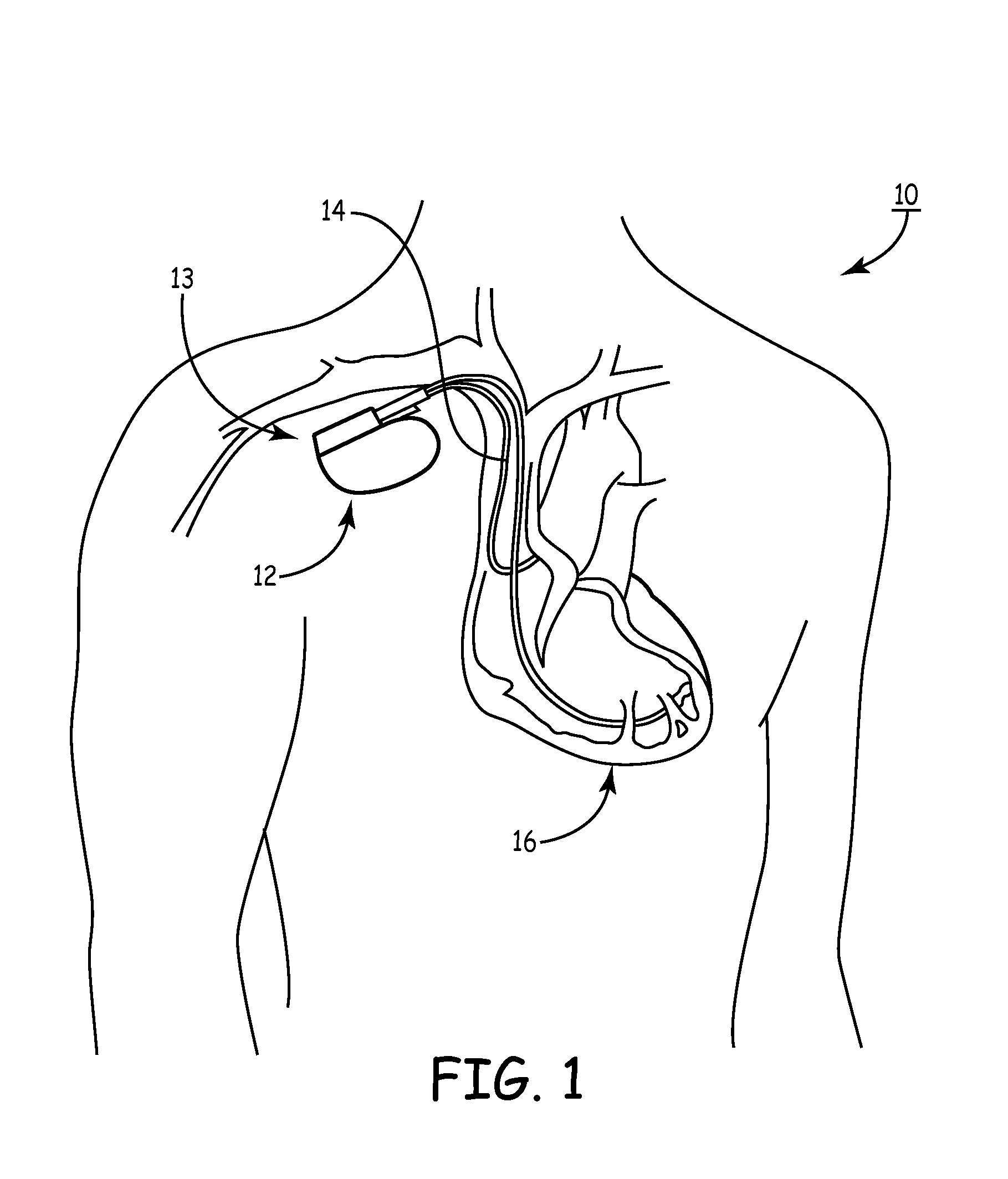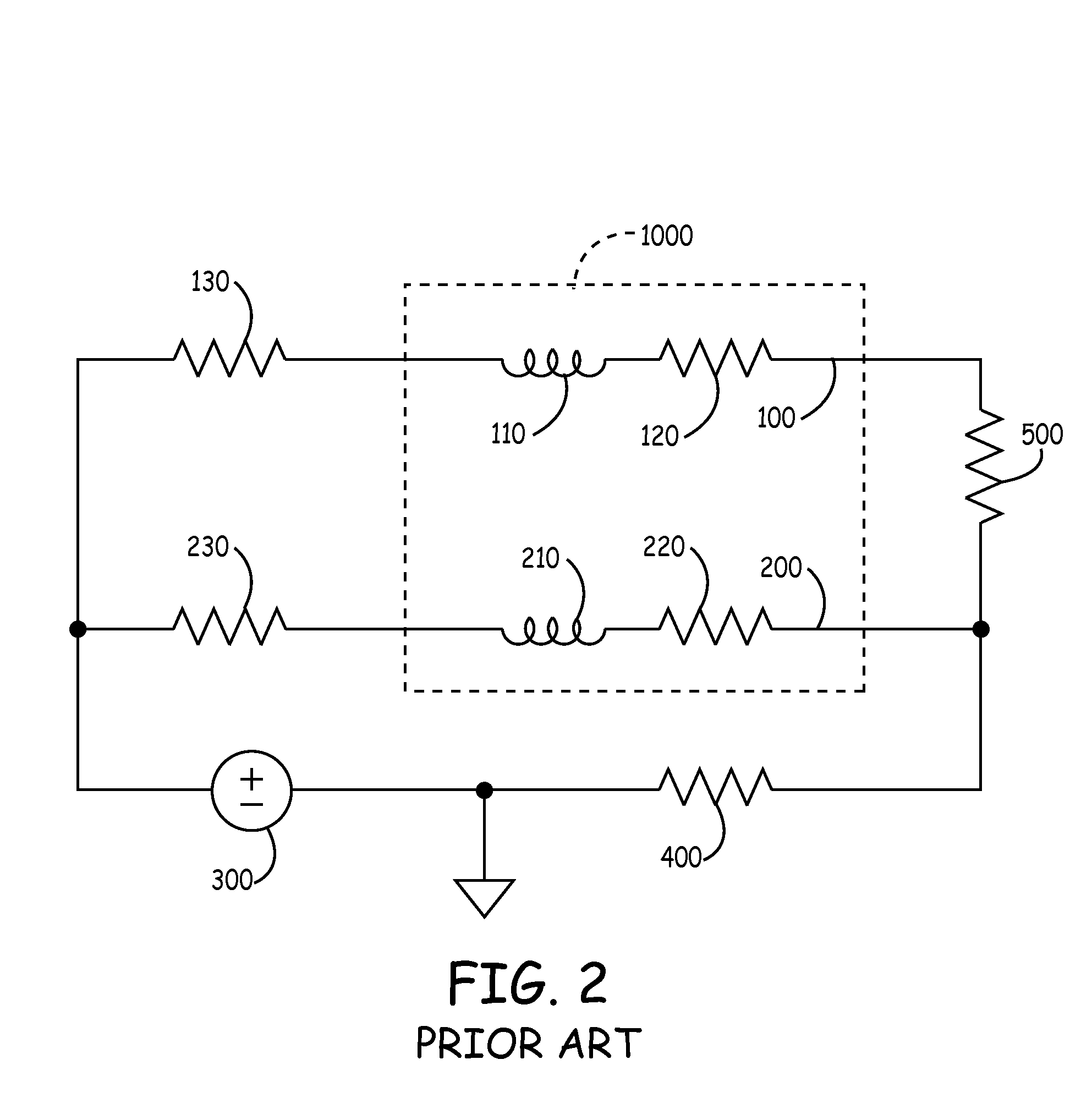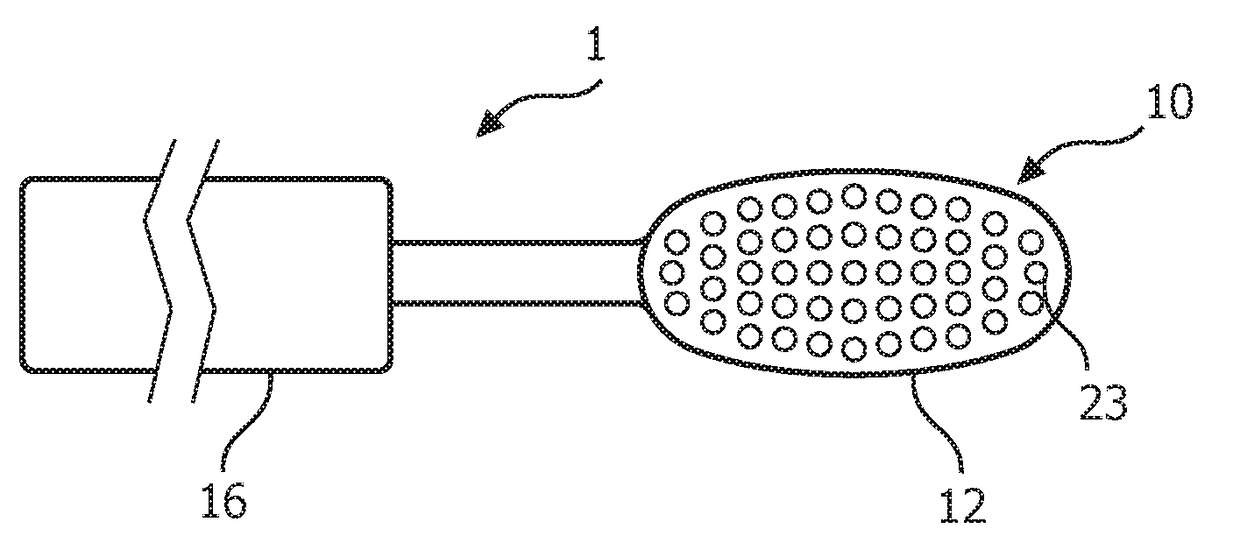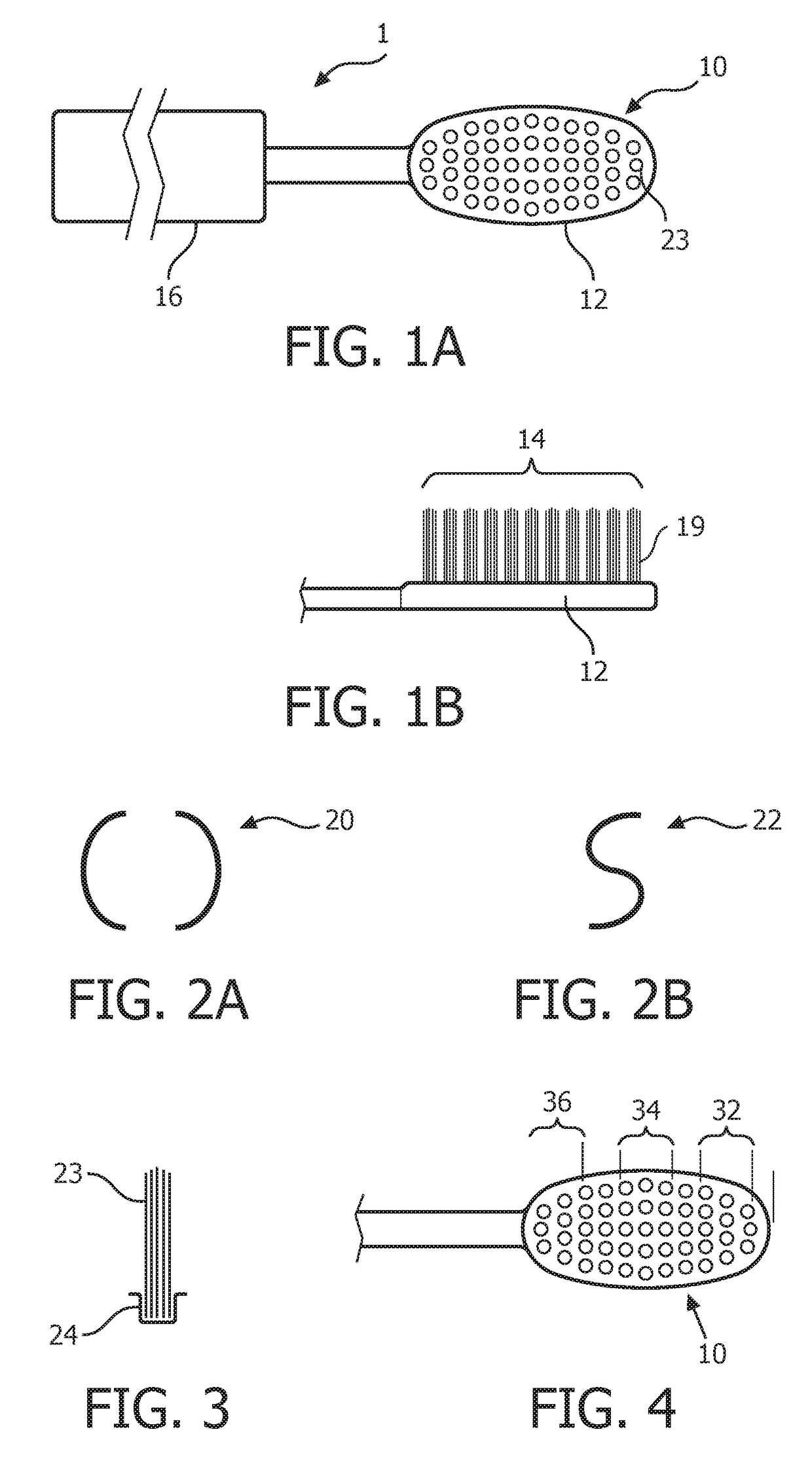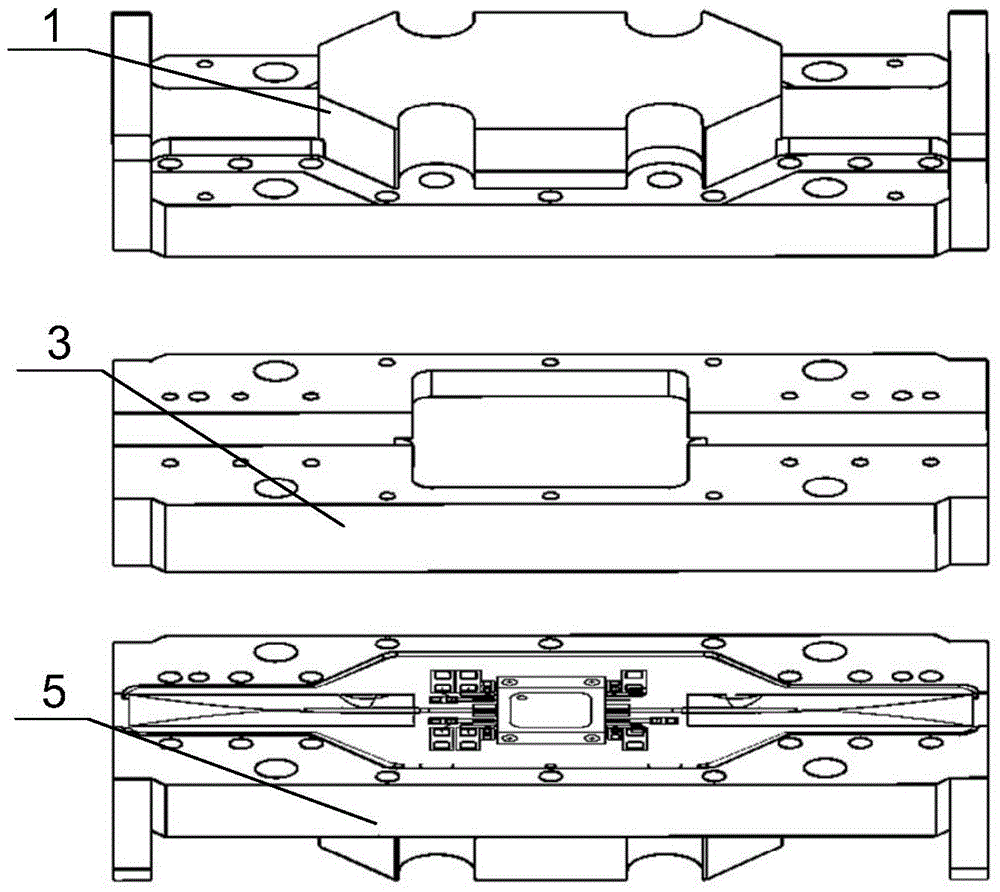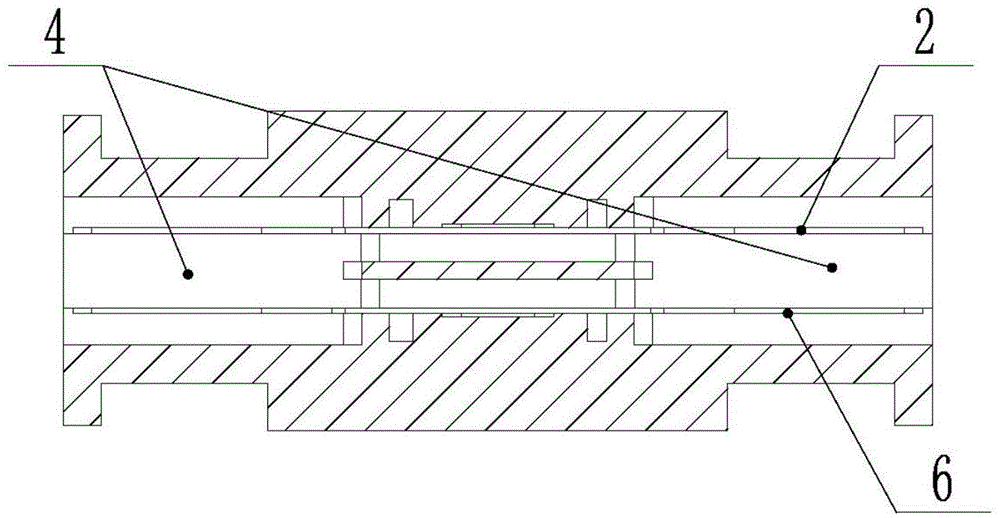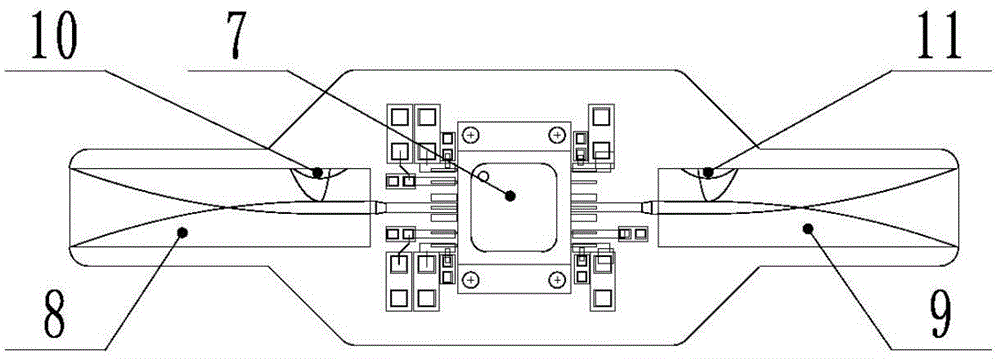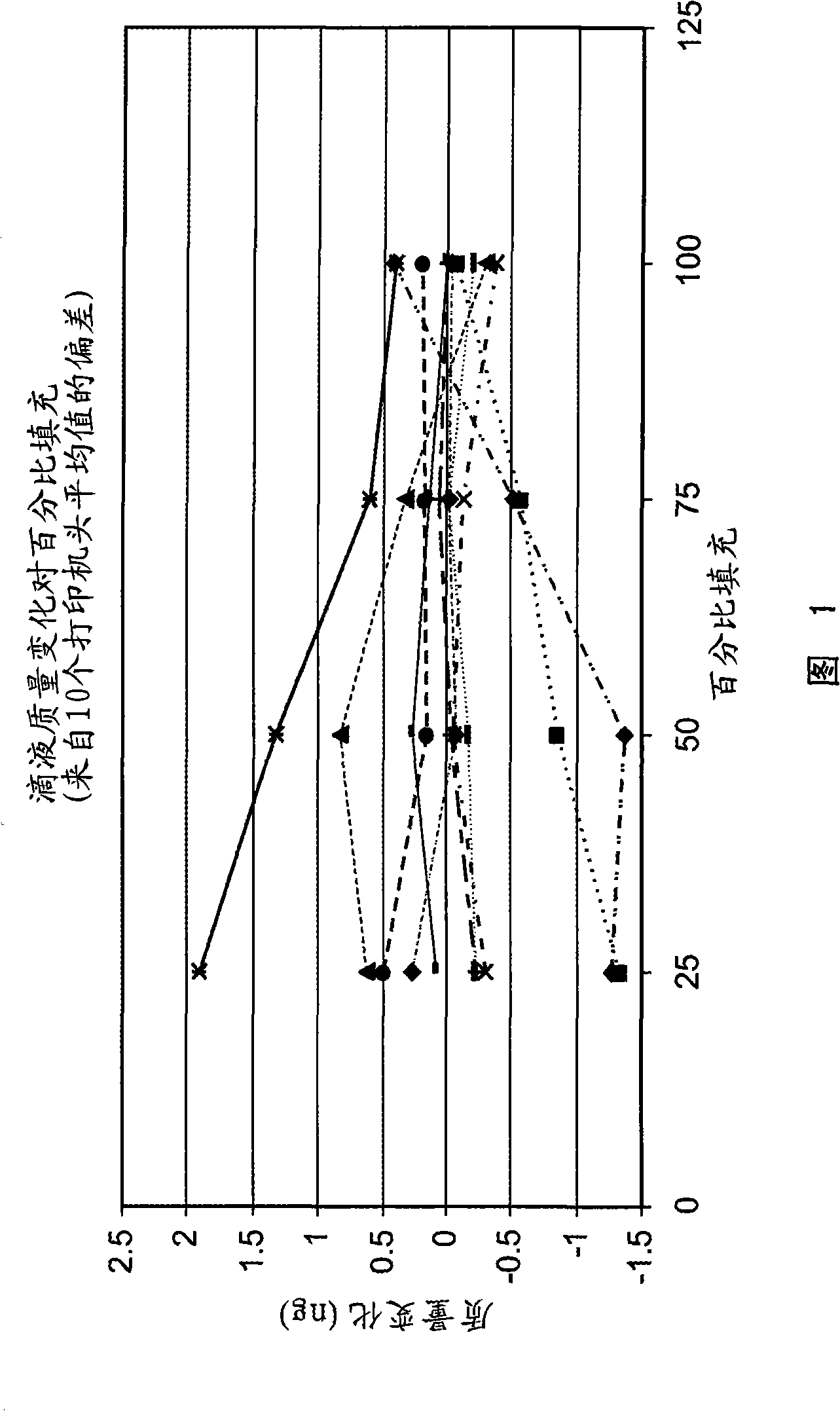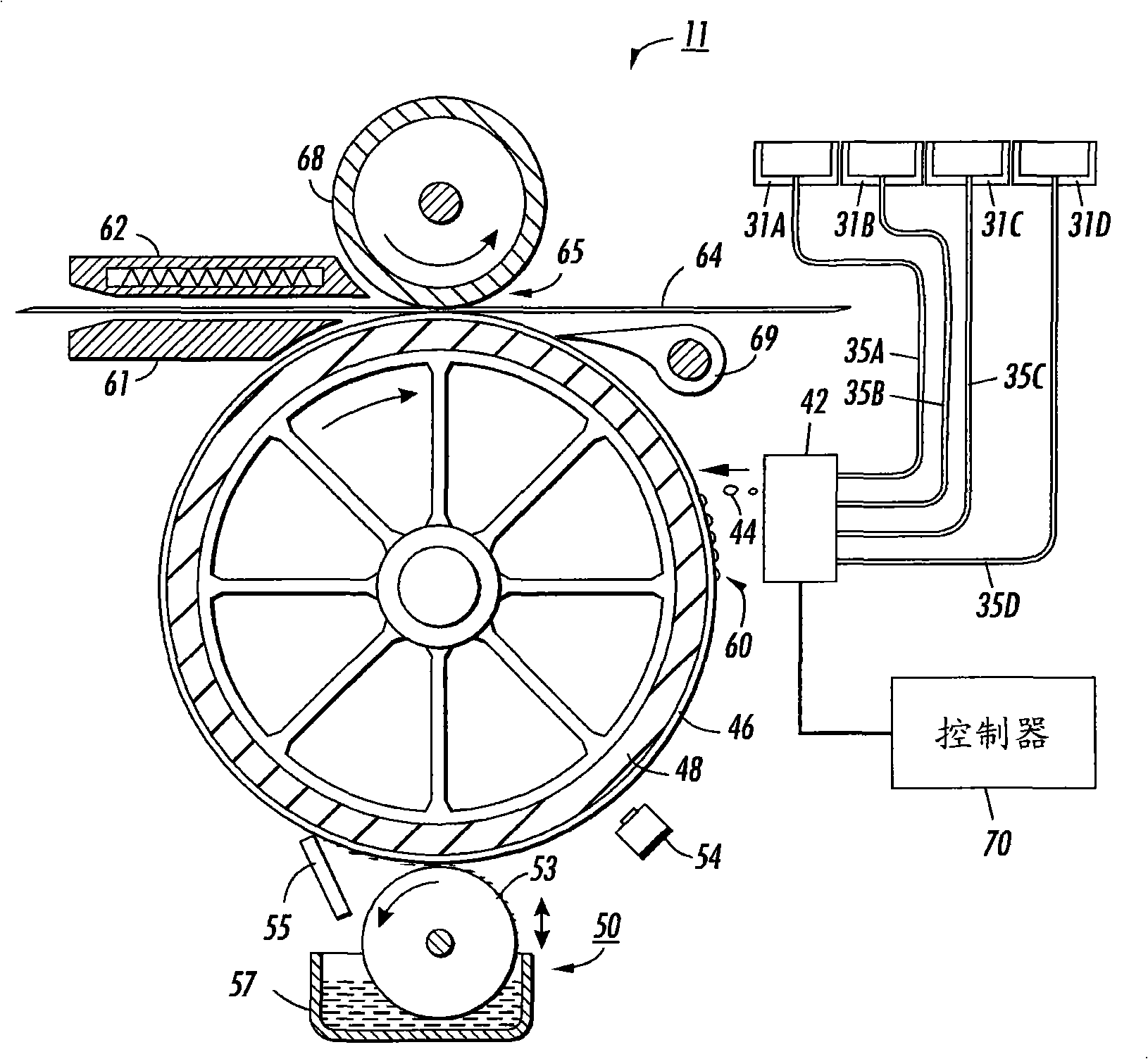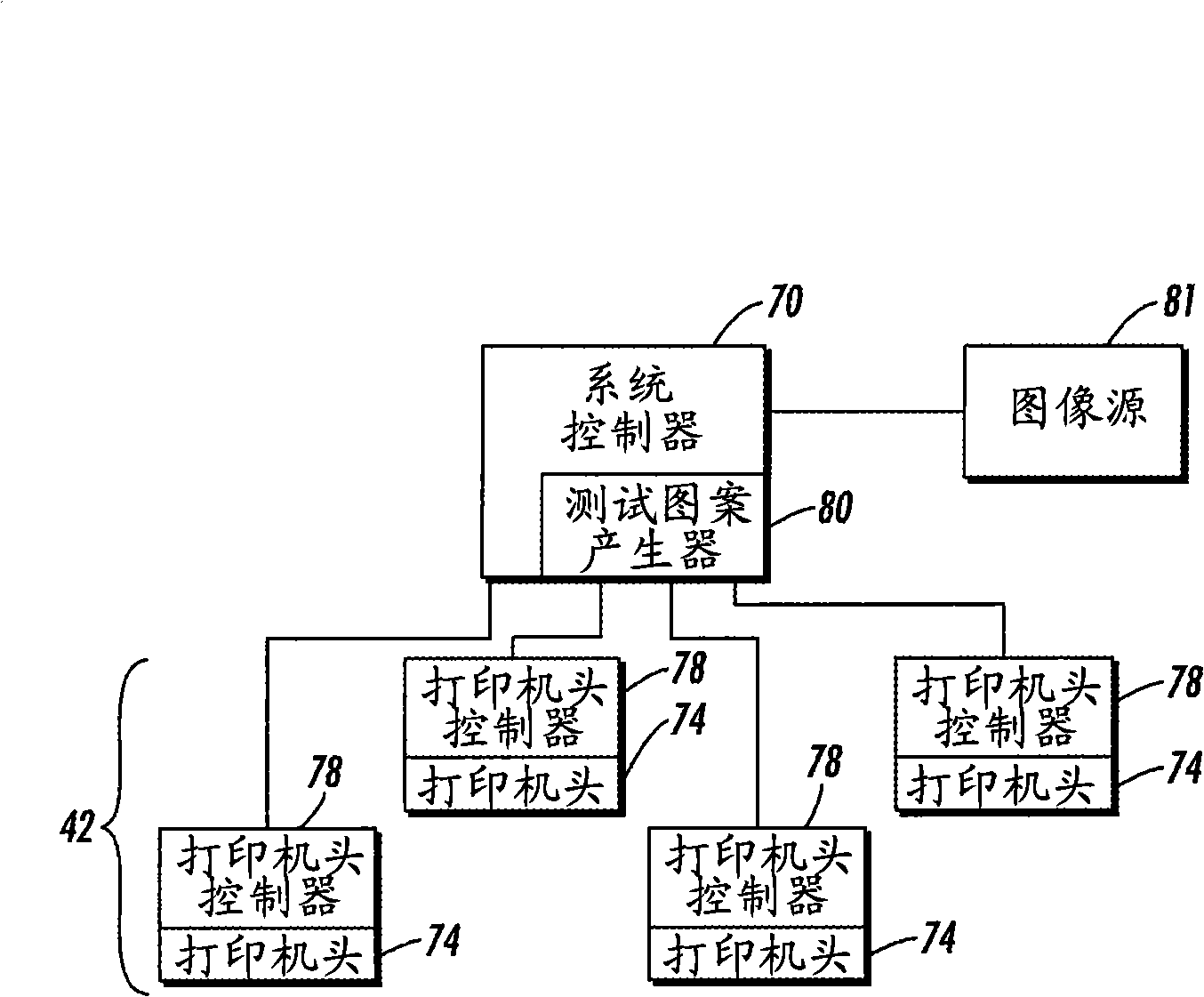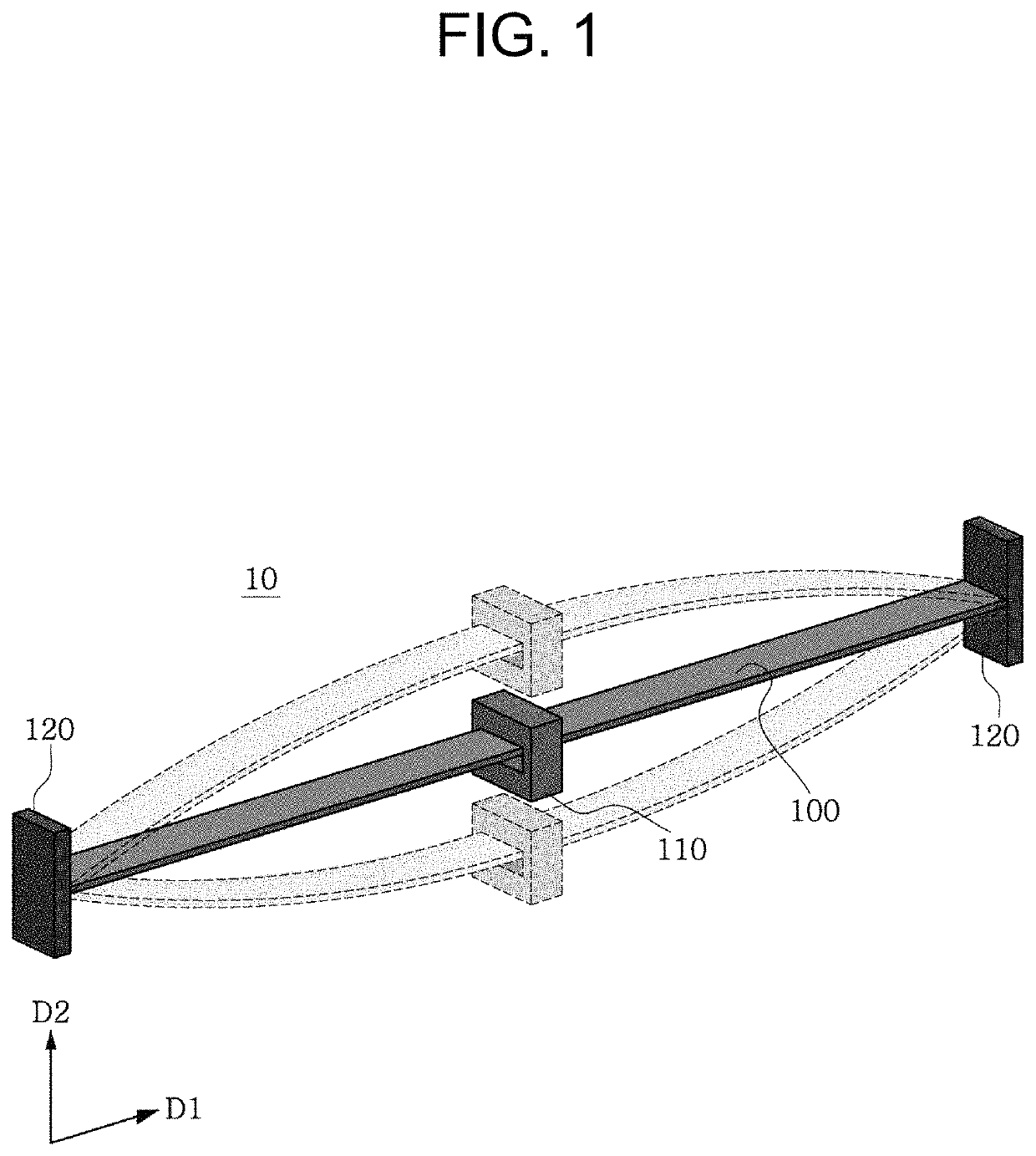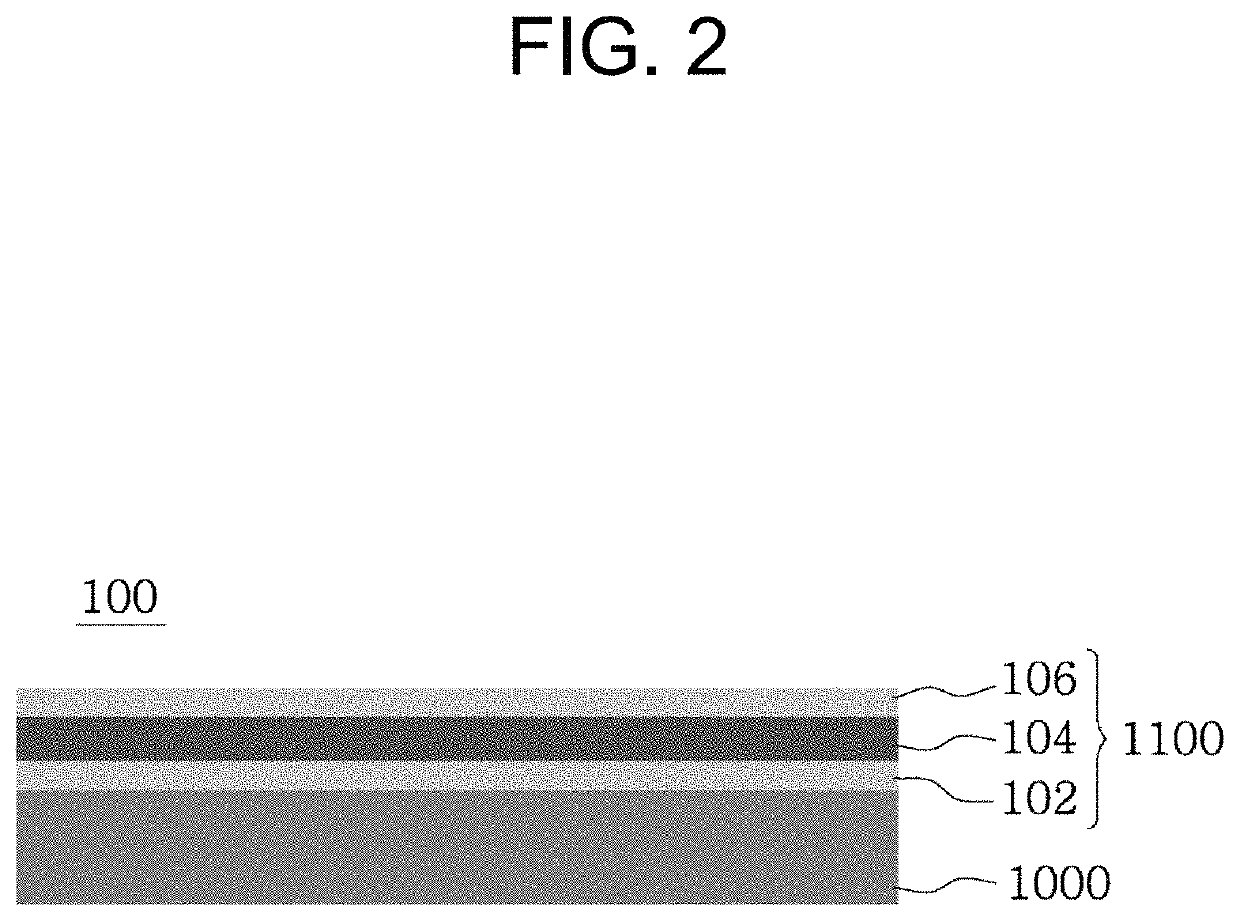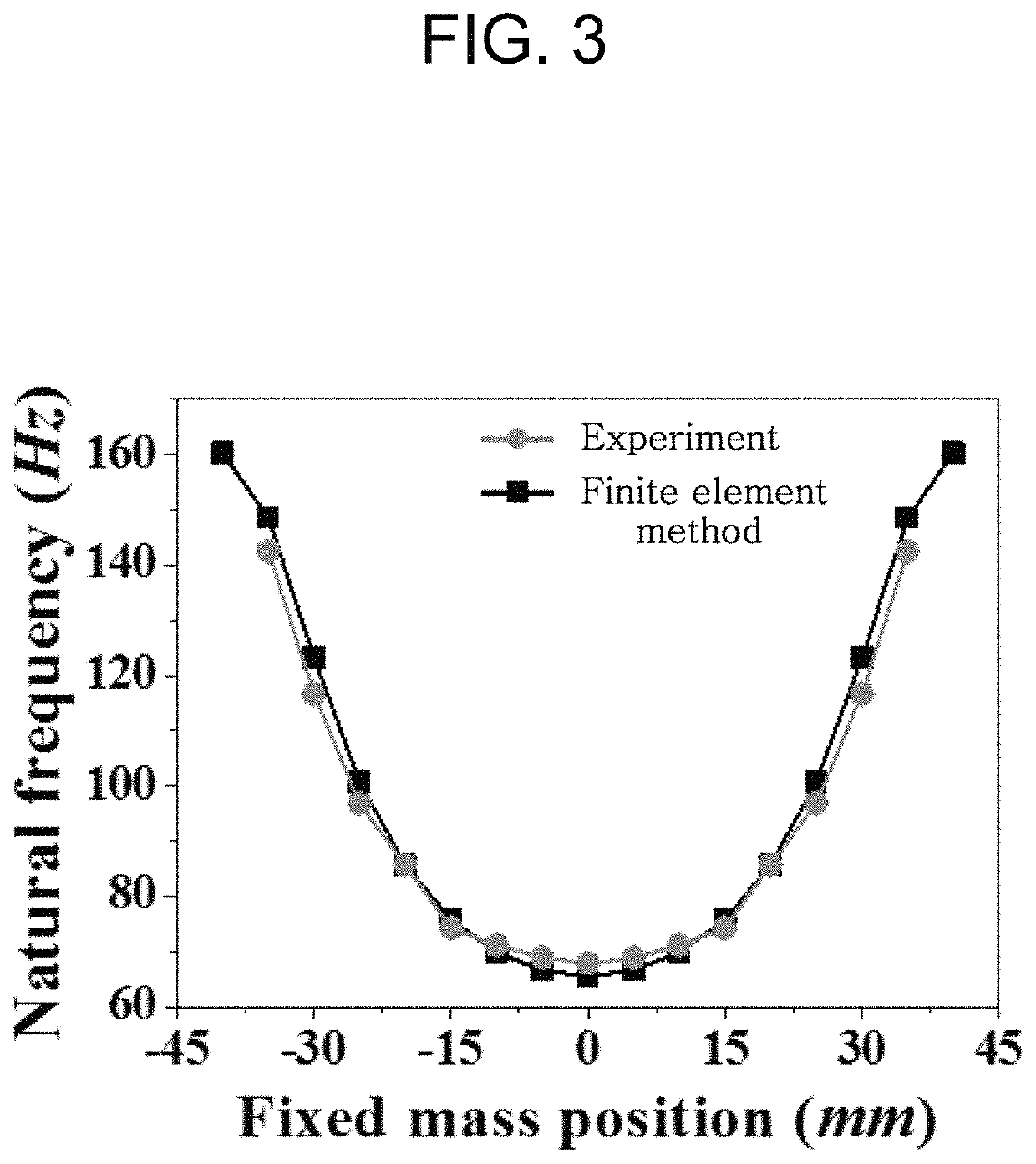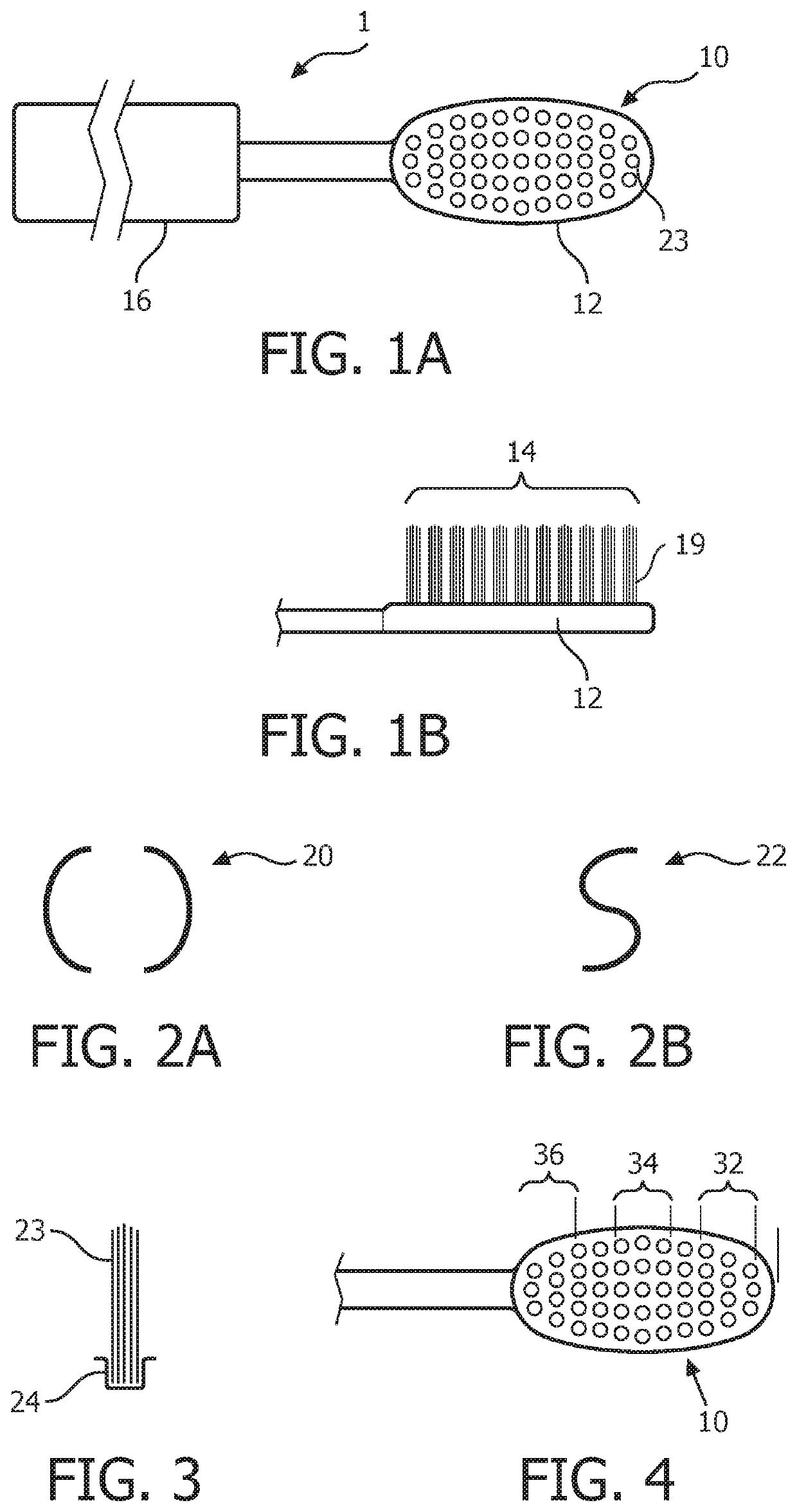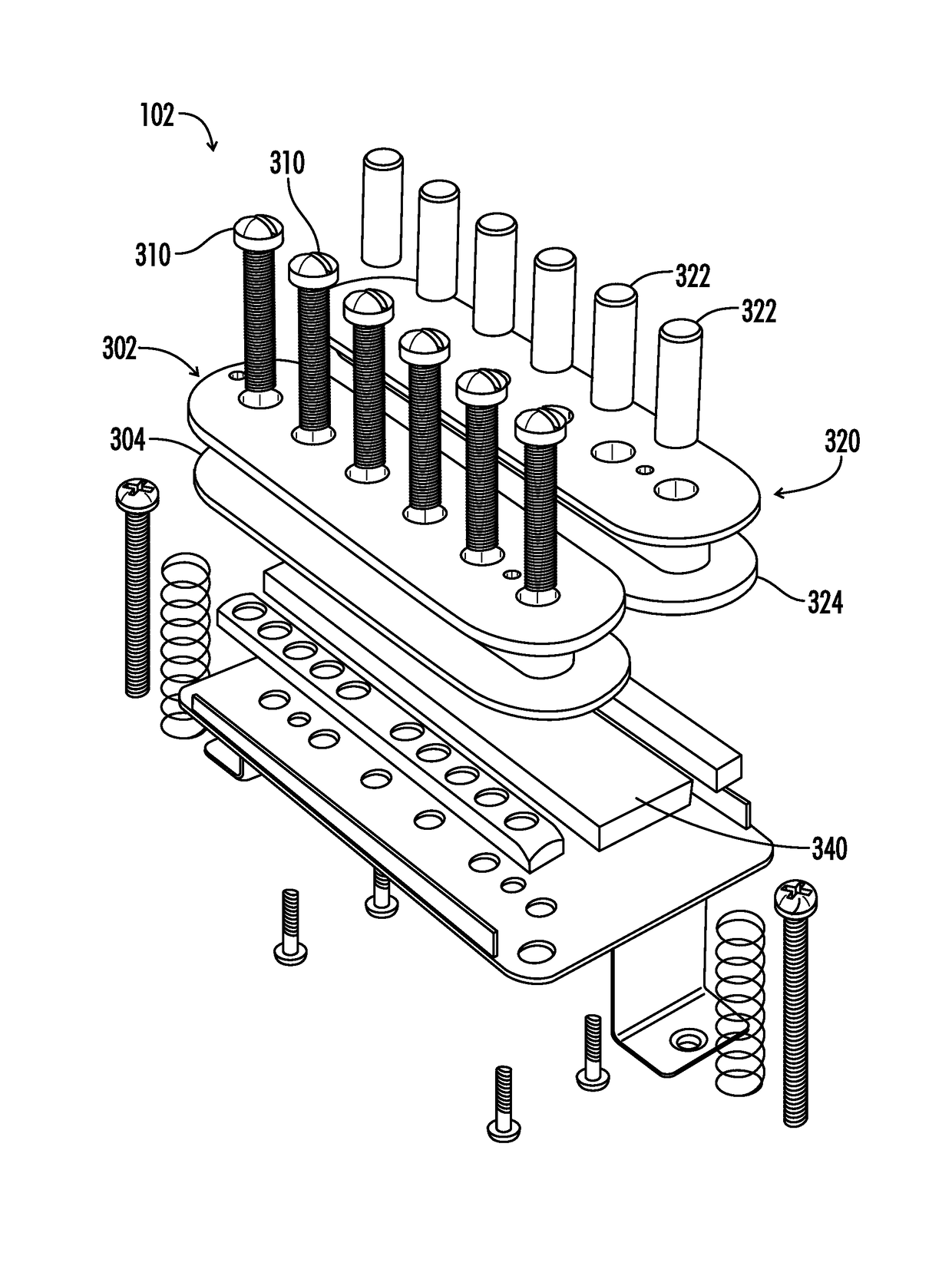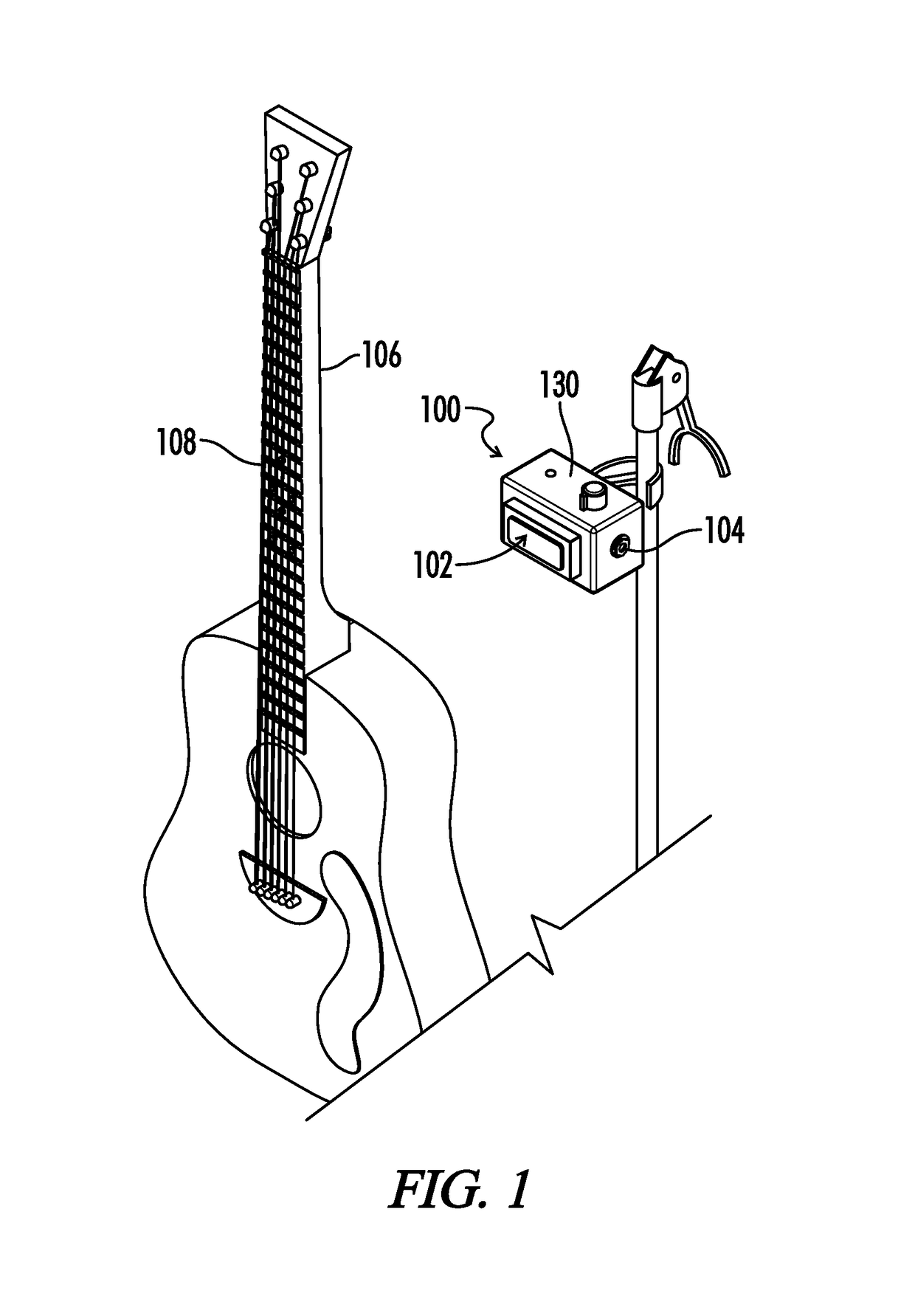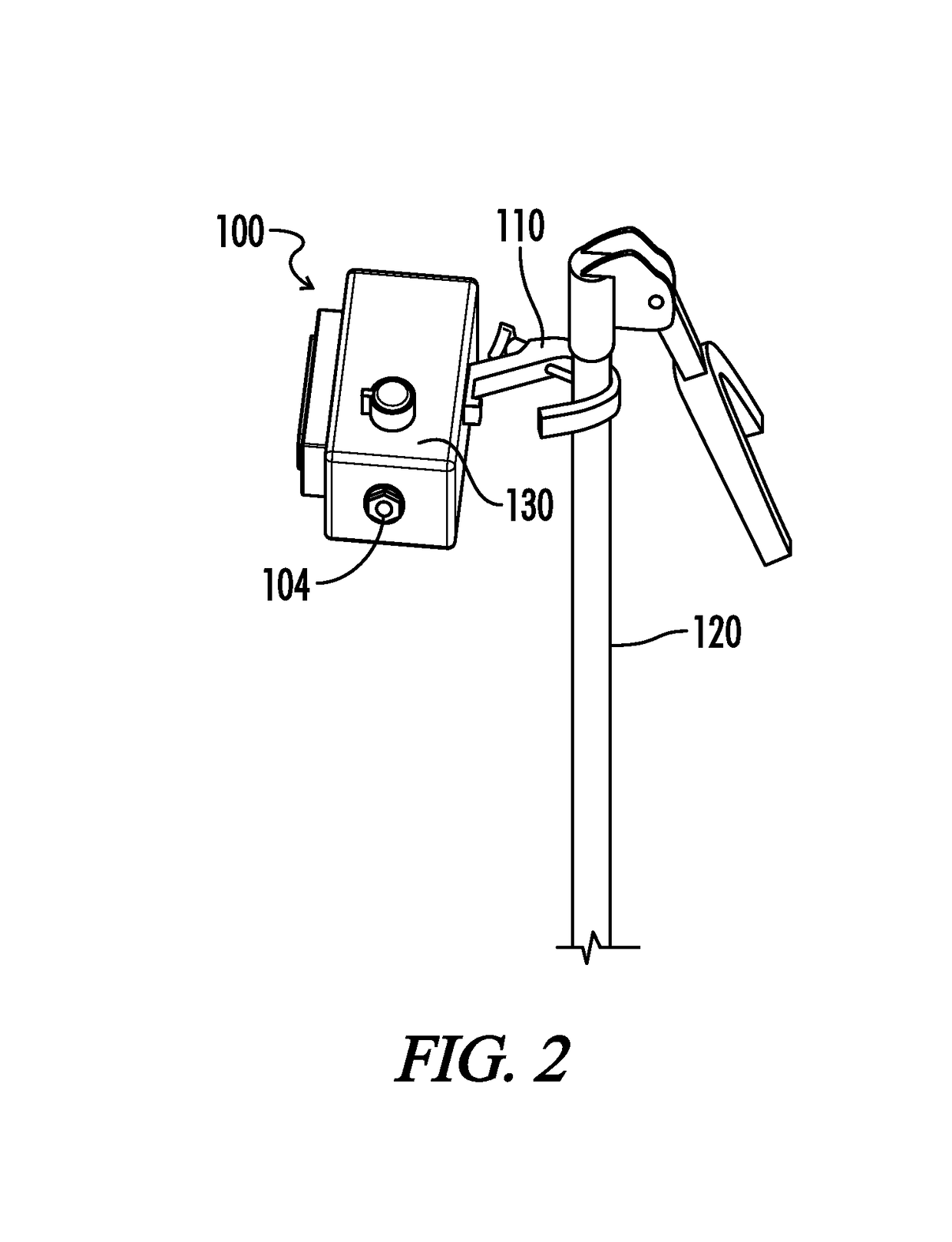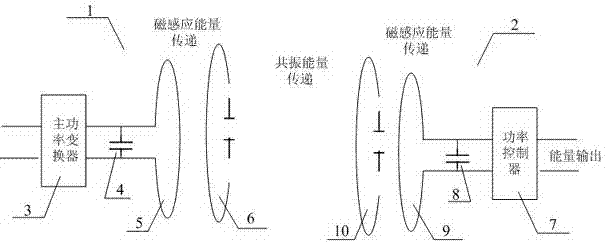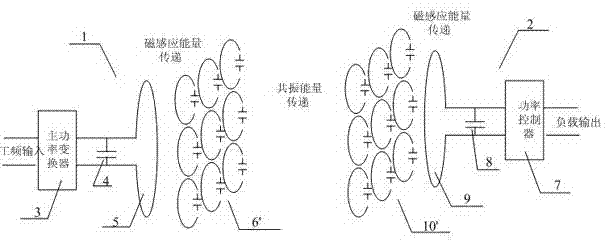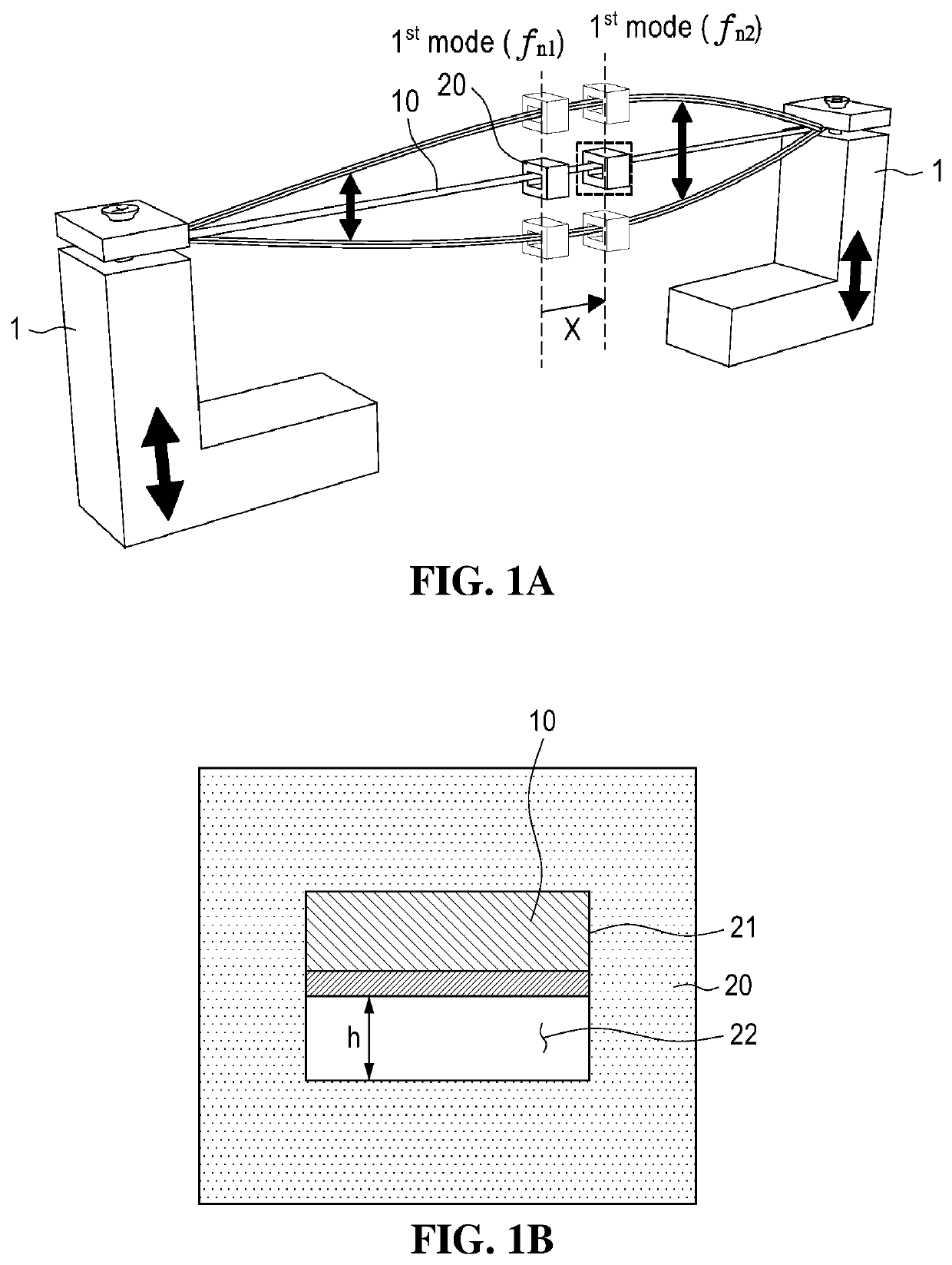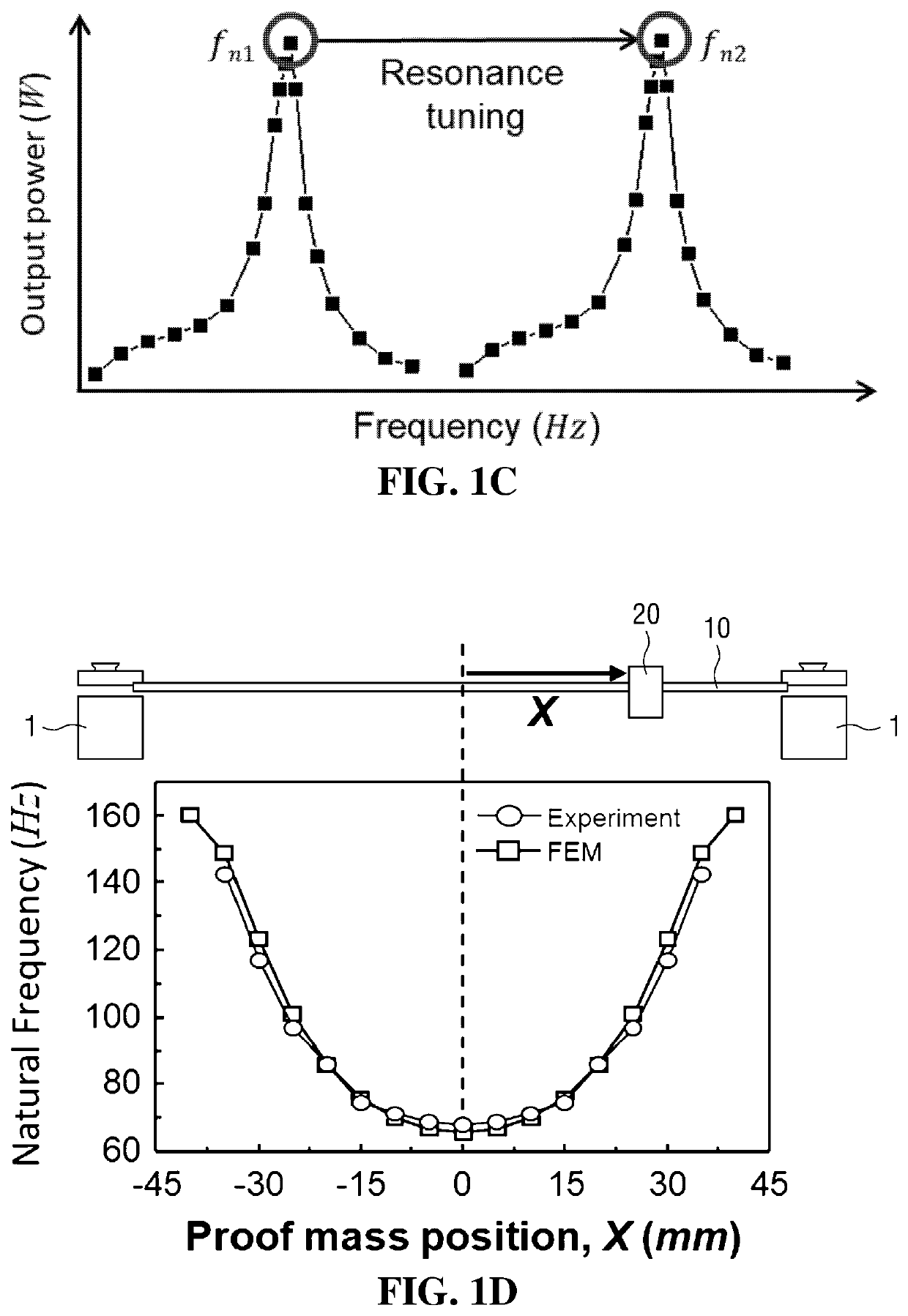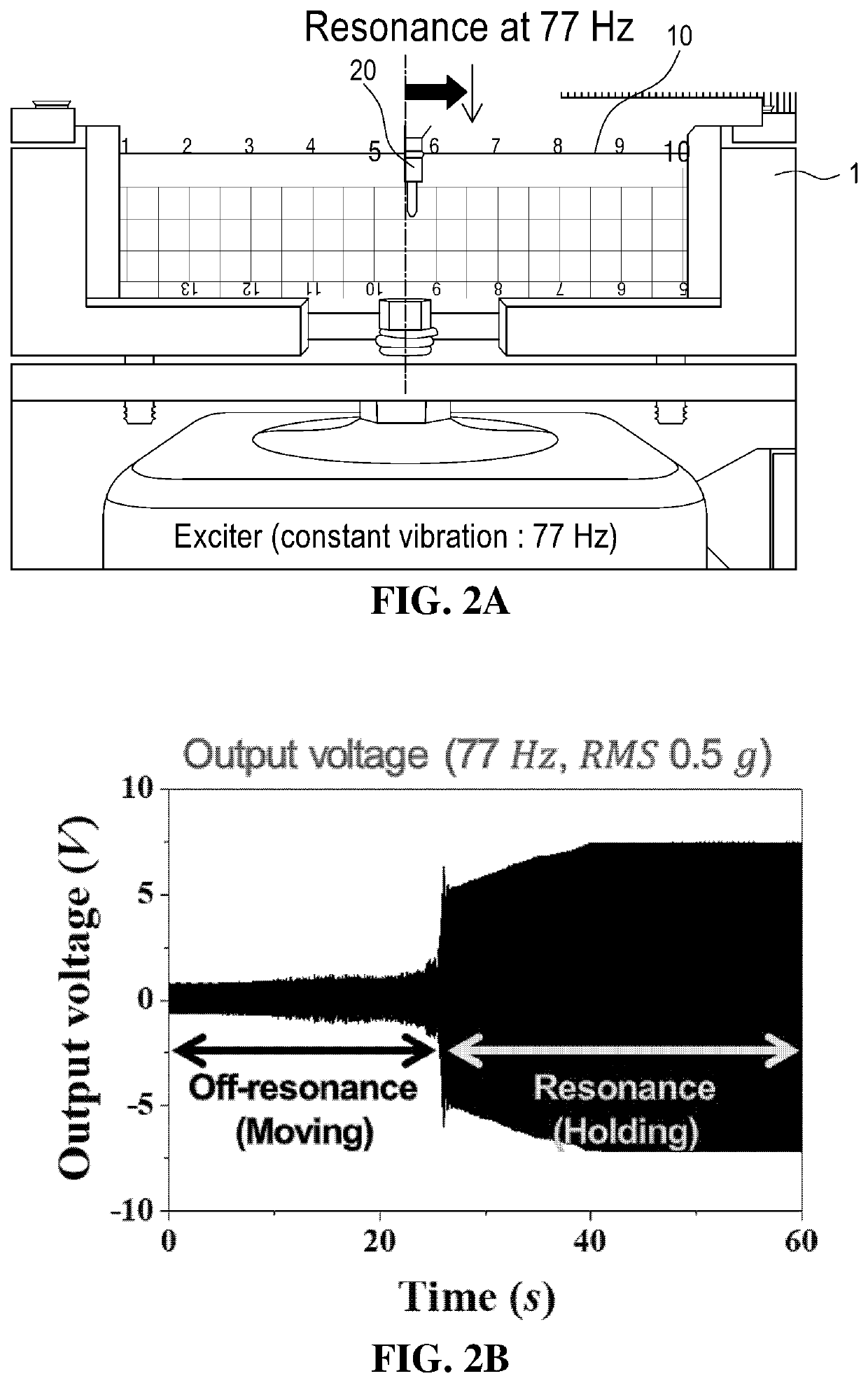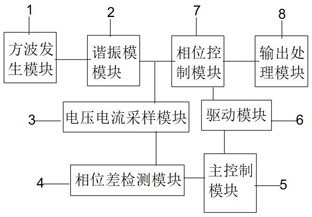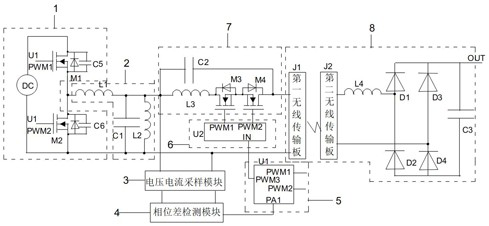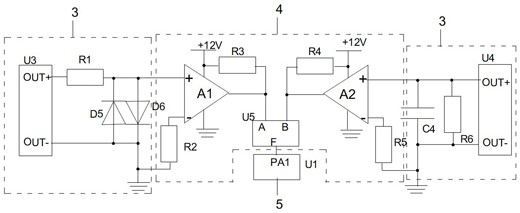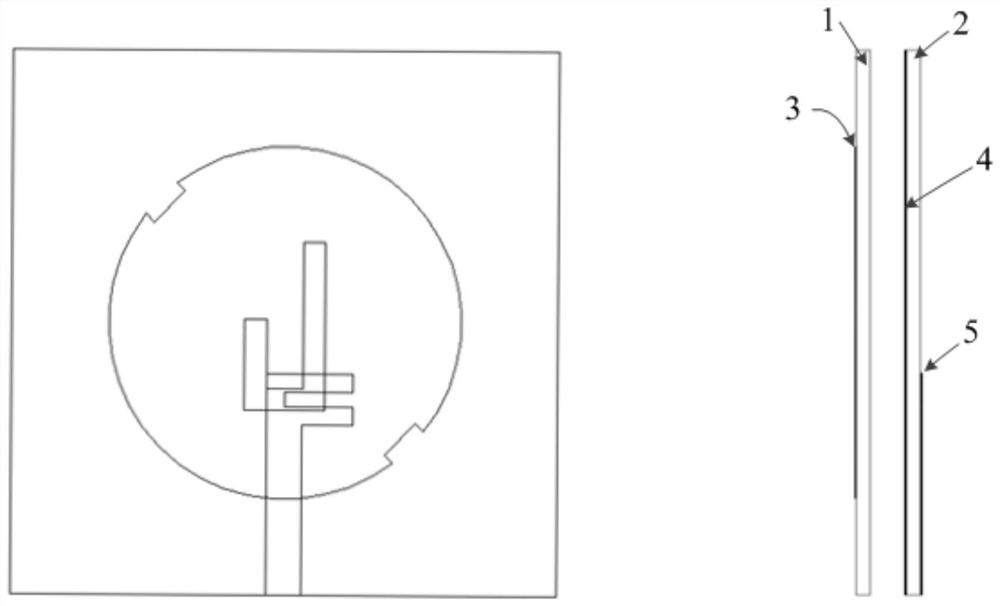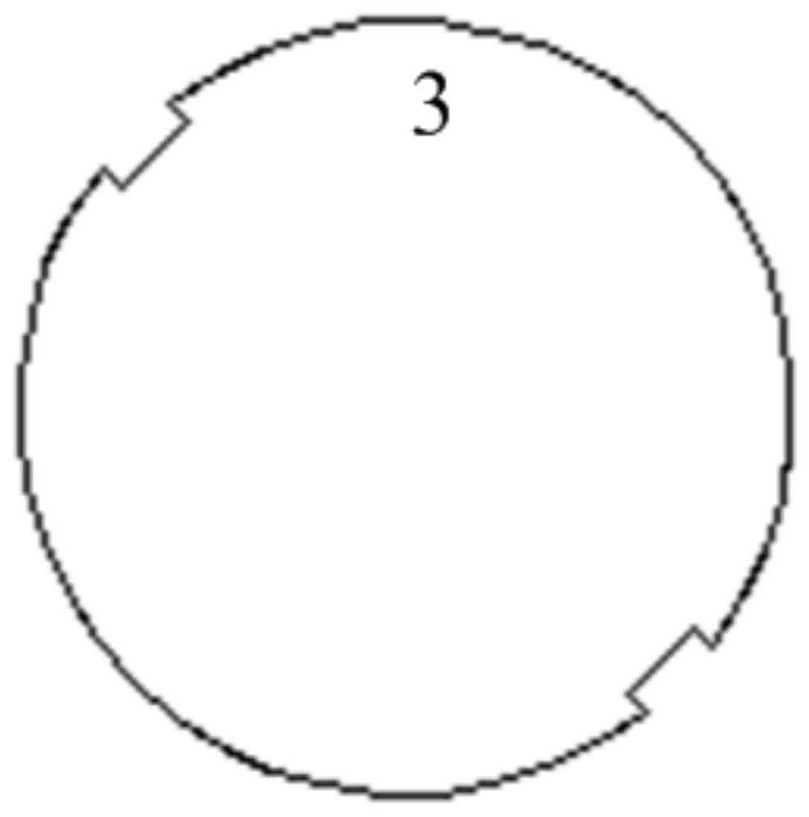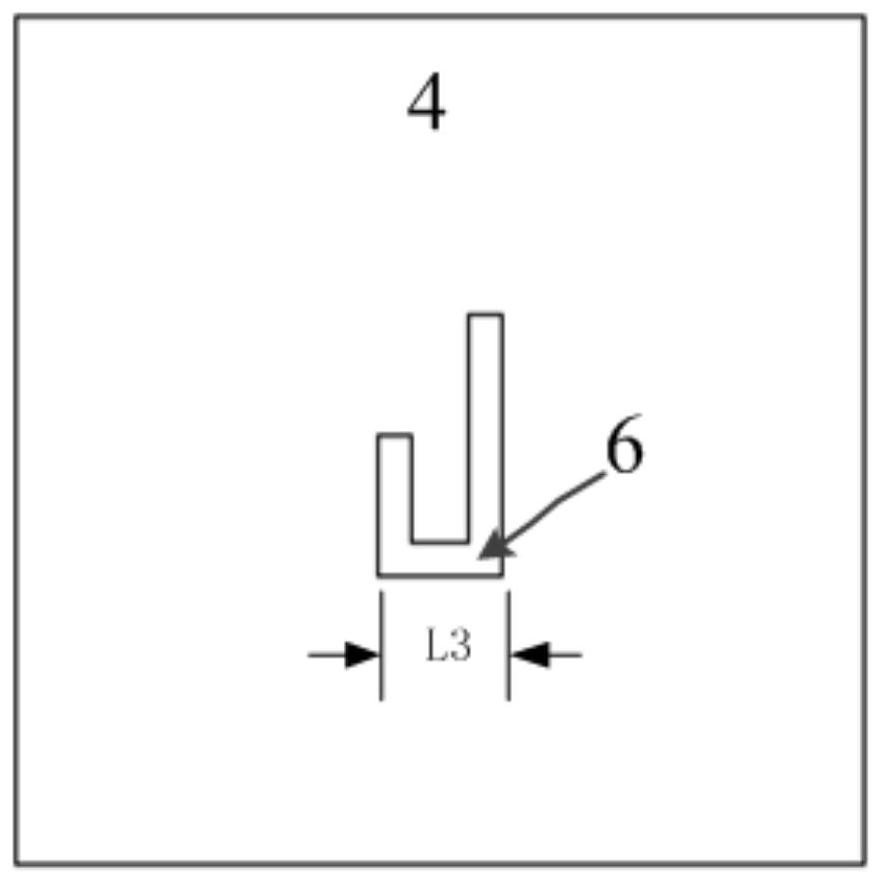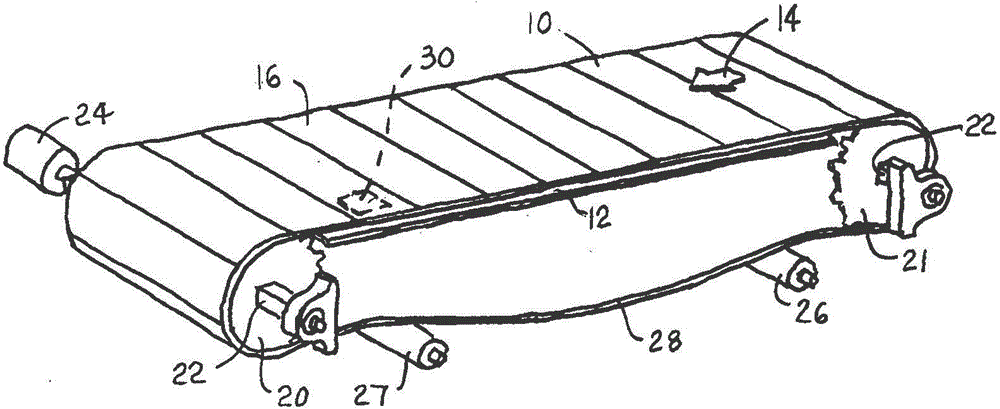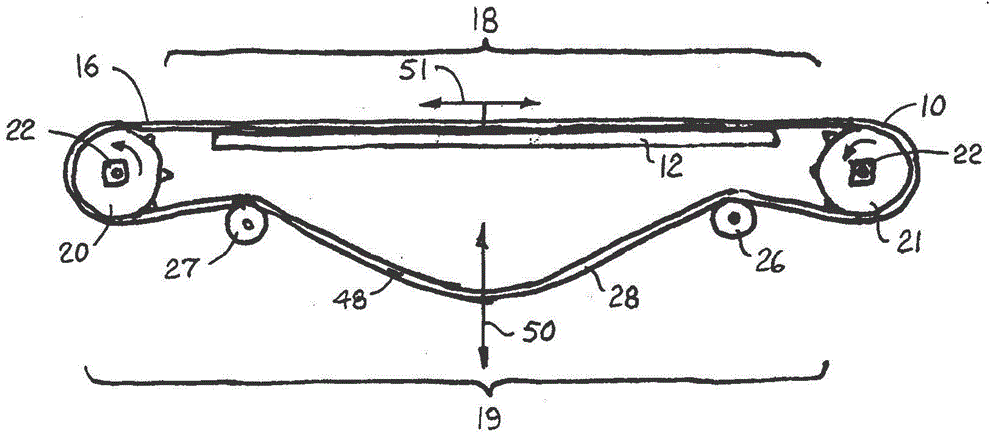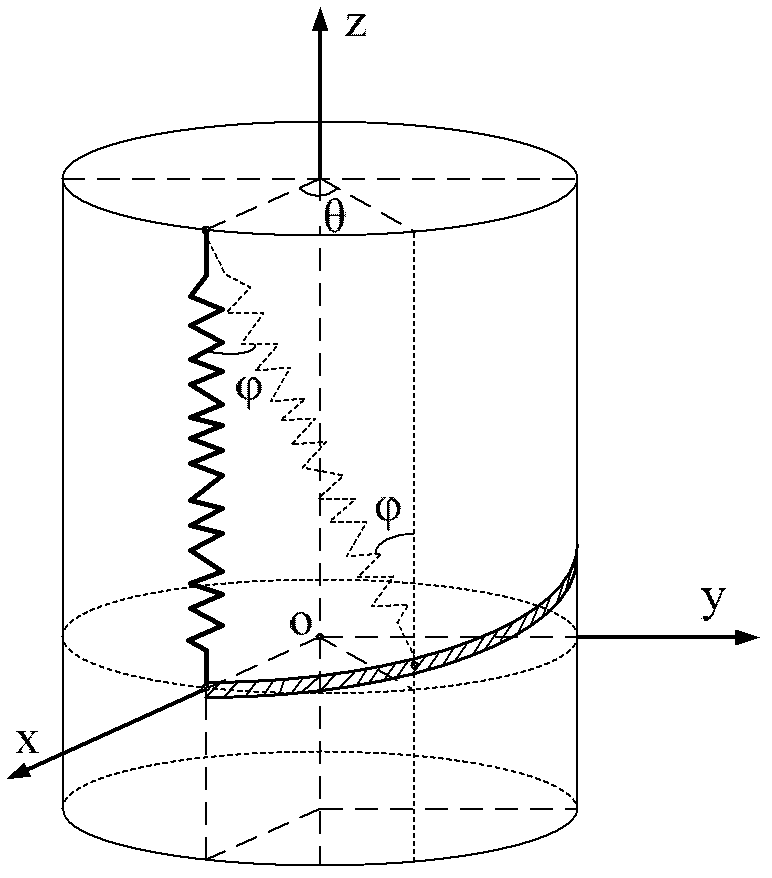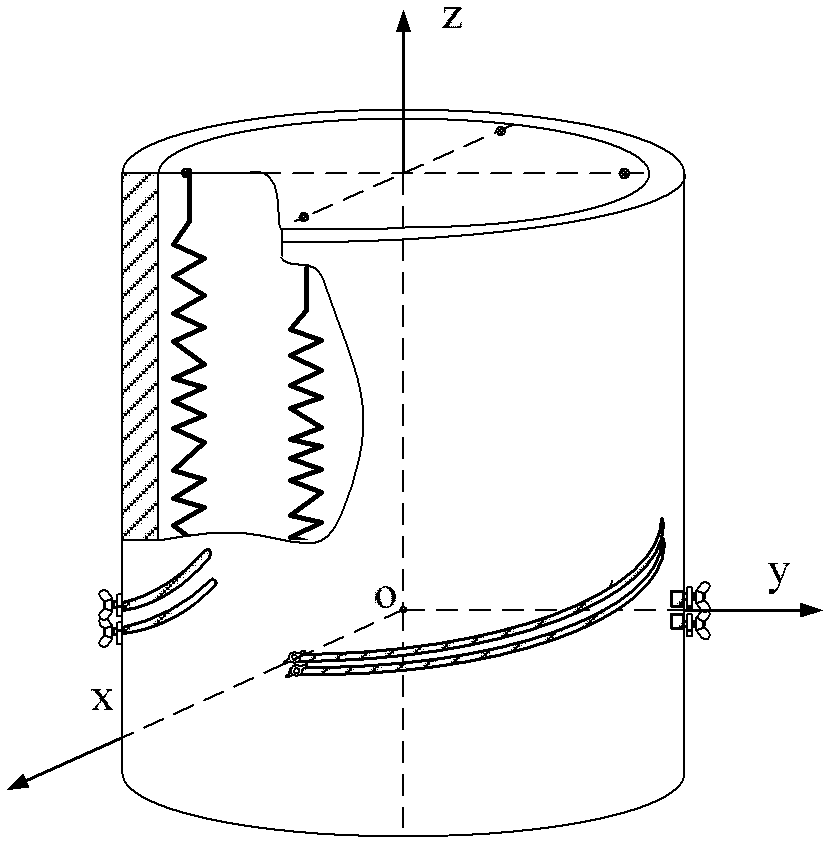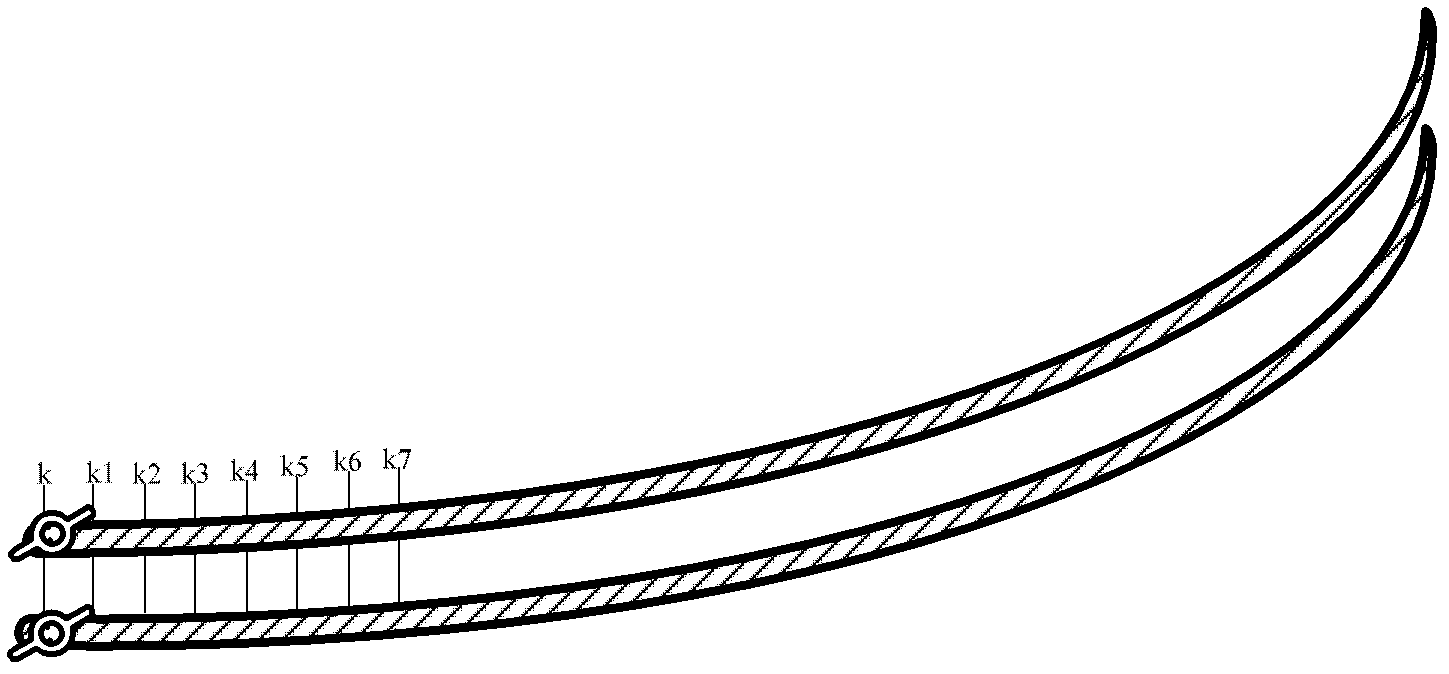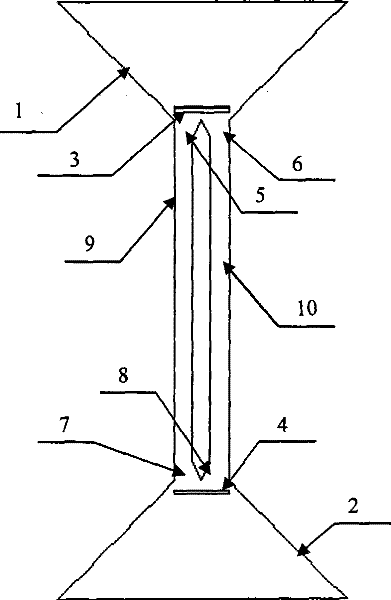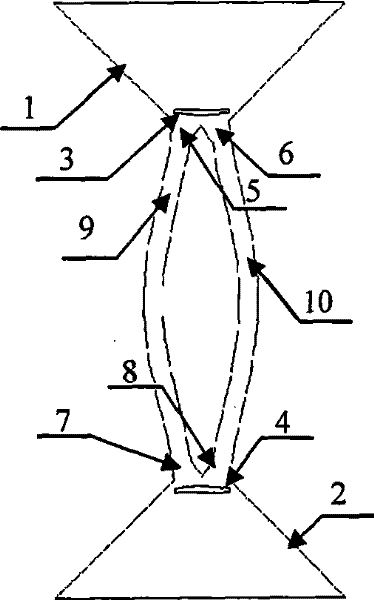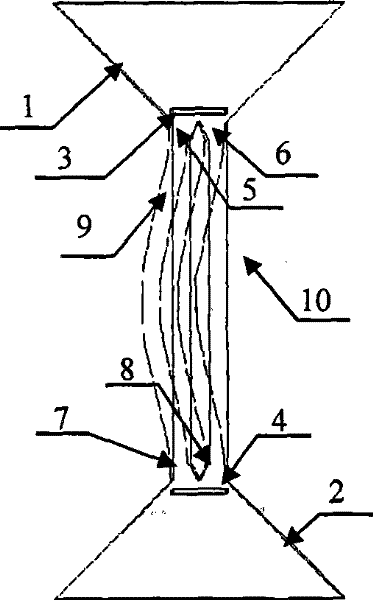Patents
Literature
Hiro is an intelligent assistant for R&D personnel, combined with Patent DNA, to facilitate innovative research.
36 results about "Resonance tuning" patented technology
Efficacy Topic
Property
Owner
Technical Advancement
Application Domain
Technology Topic
Technology Field Word
Patent Country/Region
Patent Type
Patent Status
Application Year
Inventor
In one sentence, Resonance Tuning™ is a method of restoring compatibility, harmony, and integration in and between energy fields. I believe it works on the same principles as other energy balancing modalities.
Resonance tuning module for implantable devices and leads
An implantable medical assist device includes a medical device. The medical device has a housing and electronics contained therein. A lead provides an electrical path to or from the electronics within the medical device. A resonance tuning module is located in the housing and is connected to the lead. The resonance tuning module includes a control circuit for determining a resonant frequency of the implantable medical assist device and an adjustable impedance circuit to change the combined resonant frequency of the medical device and lead.
Owner:MEDTRONIC INC
Resonance tuning module for implantable devices and leads
An implantable medical assist device includes a medical device. The medical device has a housing and electronics contained therein. A lead provides an electrical path to or from the electronics within the medical device. A resonance tuning module is located in the housing and is connected to the lead. The resonance tuning module includes a control circuit for determining a resonant frequency of the implantable medical assist device and an adjustable impedance circuit to change the combined resonant frequency of the medical device and lead.
Owner:MEDTRONIC INC
Hydraulic Mount Having Double Idle Rate Dip Frequencies of Dynamic Stiffness
An hydraulic mount providing double idle rate dip frequencies of dynamic stiffness, the idle rate dips being vibration orders of an internal combustion engine corresponding to one and two times firing frequencies. The double idle rate dip is achieved by providing the first idle rate dip at the first vibration order via resonance tuning of the idle inertia track, and providing the second idle rate dip at the second vibration order via additional resonance tuning of a tunable air conduit.
Owner:GM GLOBAL TECH OPERATIONS LLC
Drum and drum-set tuner
ActiveUS20130139672A1Duration requiredAccurate operationElectrophonic musical instrumentsResonant frequencyEngineeringResonance tuning
Provided are systems and methods for resonance tuning. A signal is received in response to a resonance of a structure. A frequency or musical note related to an overtone is determined from the signal. The frequency or musical note related to the overtone is selected as a filter mode reference frequency or musical note. A display of frequencies or musical notes from a subsequent signal that deviate from the filter mode reference frequency or musical note by a predetermined threshold is suppressed.
Owner:OVERTONE LABS
Wireless energy transmission system based on magnetic resonance array
ActiveCN102437656AGuaranteed to workElectromagnetic wave systemCircuit arrangementsPower controllerCapacitance
The invention discloses a wireless energy transmission system based on a magnetic resonance array, belonging to the wireless energy transmission field. A primary part in the system consists of a main power converter, a primary resonance capacitor, a primary magnetic induction coil and a primary magnetic resonance array. A secondary part consists of a secondary magnetic induction coil, a secondary resonance capacitor, a power controller and a secondary magnetic resonance array. Each one of the primary magnetic resonance array and a secondary magnetic resonance array consists of a plurality of magnetic resonance units; each magnetic resonance unit comprises a magnetic resonance coil and a resonance tuning capacitor; and the head ends and the tail ends of the magnetic resonance coils are respectively connected with both ends of the resonance tuning capacitors. In the wireless energy transmission system provided by the invention, the difficulty of an excitation frequency on selection is greatly reduced, the problem that the magnetic resonance coils are difficult to tune is solved, and the flexibility of the system utilization is improved.
Owner:重庆前卫无线电能传输研究院有限公司
MEMS resonant torque sensor used for linear micro-nano material torsion performance measurement
ActiveCN106525304AFrequency stabilityReduce noiseWork measurementTorque measurementMicro nanoCapacitance
A MEMS resonant torque sensor used for linear micro-nano material torsion performance measurement comprises a monocrystalline silicon substrate, a silicon dioxide insulating layer and a monocrystalline silicon structure layer. The monocrystalline silicon structure layer comprises two ''Z''-shaped micro-amplification beams. Lever beam tops are connected to an input beam. Lever beam bottoms are connected to one end of an output beam. Lower middle parts of the lever beams are connected to a fifth anchor point between the two lever beams through a fulcrum beam. The input beam is fixed to a fourth anchor point through a connection beam. Keys which are connected and are located between the two opposite input beams are installed with a linear micro-nano material to be measured. The other end of the output beam is connected to a double-end fixed resonance tuning fork. The double-end fixed resonance tuning fork is connected to a third anchor point. A plate capacitor group of the double-end fixed resonance tuning fork is fixed to first and second anchor points. The structures, except for the anchor points, are in a suspending state. Through metal electrode plates sputtered on the first, second and third anchor points, the whole sensor is placed in a self-excited oscillation circuit. The size of the sensor is small, sensitivity is high and a measured range is large.
Owner:XI AN JIAOTONG UNIV
Low-power consumption resonance-type electric field sensor
InactiveCN107515336ALow costReduce volumeElectrostatic field measurementsElectric field sensorTuning fork
The invention provides a low-power consumption resonance-type electric field sensor, which comprises a resonance tuning fork, a tuning fork vibration driving circuit and a sensing charge detection circuit, wherein one end of a vibration beam of the resonance tuning fork is provided with a driving electrode, and the other end is provided with a detection electrode; the side surface of the vibration beam is provided with an electric field sensing electrode; capacitors are formed between electric field sensing electrodes on different vibration beams; the tuning fork vibration driving circuit excites the resonance tuning fork vibration beam to vibrate, and the overlapped area among the different electric field sensing electrodes is caused to change periodically; and the sensing charge detection circuit is used for detecting voltage between the capacitors. The low-power consumption resonance-type electric field sensor can be used for detection on static, quasi-static and low-frequency electric fields, the size is small, the cost is low, and mass production is easy.
Owner:NANJING UNIV OF SCI & TECH
Self-resonance tuning piezoelectric energy harvester with broadband operation frequency
ActiveUS20200076331A1Wide operation frequency bandwidthMaximize piezoelectric output efficiencyPiezoelectric/electrostriction/magnetostriction machinesPiezoelectric/electrostrictive device detailsEnergy harvesterBroadbanding
Provided is a self-resonance tuning piezoelectric energy harvester. The self-resonance tuning piezoelectric energy harvester includes a piezoelectric beam which extends along a horizontal direction, a fixing element which fixes two ends of the piezoelectric beam, and a mass which is connected to the piezoelectric beam movably along the piezoelectric beam, wherein the mass includes a through-hole through which the piezoelectric beam passes, and makes the movement through the through-hole. According to the principle of continuous movement to the resonance position, the mass of the self-resonance tuning piezoelectric energy harvester induces the piezoelectric beam to generate displacement to the maximum and maximize the electricity production capacity of the piezoelectric energy harvester.
Owner:KOREA INST OF SCI & TECH
Drum and drum-set tuner
Owner:OVERTONE LABS
Intelligent road fenders for preventing pedestrians from running red light
ActiveCN109972561ANormal through influenceNormal traffic impactTraffic restrictionsEngineeringResonance tuning
The invention relates to the technical field of intelligent traffic, and discloses intelligent road fenders for preventing pedestrians from running a red light. Each intelligent road fender comprisesa buried seat, stopping plates, a resonance tuning fork, lifting seats, connecting rods, blocking rods, a first magnetic sheet, a second magnetic sheet and a circuit motherboard; and the resonance tuning forks are fixedly mounted in resonance boxes, the positions, below two supports, in the buried seats are fixedly connected with the lifting seats correspondingly, and the connecting rods are movably inserted in the lifting seats. The intelligent road fenders for preventing the pedestrians from running the red light are laid at the pedestrian waiting positions at the two ends of a zebra crossing, when the red light is turned on, the stopping plates ascend, the gap between every two adjacent stopping plates is small, the pedestrians cannot stand, thus a stopping area is formed, and the pedestrians are prevented from casually running the red light; and when a vehicle comes, the resonance tuning forks vibrate, the blocking rods are extruded from the connecting rods, when passing over the stopping plates, the vehicle presses down the stopping plates, and thus the intelligent road fenders do not affect normal passage of the vehicle.
Owner:武宣县市场监督管理局
Micro-silicon resonance accelerometer with temperature stress compensation and vibration decoupling capabilities
ActiveCN105258688ASuppress interferenceSensitivity dead zone reductionSpeed measurement using gyroscopic effectsGyroscopes/turn-sensitive devicesTemperature stressTuning fork
The invention provides a micro-silicon resonance accelerometer with temperature stress compensation and vibration decoupling capabilities. The micro-silicon resonance accelerometer comprises main parts including mass blocks, a lever, a lever supporting cantilever, resonance tuning forks, mass block supporting arms and the like. When the temperature of the environment of the accelerometer is changed, the length of a resonance beam is changed. The thermal deformation size of the lever supporting cantilever is matched with the thermal strain of the resonance beam, so that axial thermal stress of the resonance beam is sufficiently released; the resonance efficiency of the resonance tuning forks is not influenced by the thermal stress. When one tuning fork vibrates, weak displacement is generated in the axial direction to draw the mass block to vibrate, and draw the tuning fork on the other side to from vibration coupling. When the vibration frequencies of the two tuning forks are the same, the vibration frequency is not changed along with the change of the load, and a sensitivity dead zone is formed. The size of the range is directly related with a vibration coupling degree. Therefore, the whole structure of the accelerometer is divided into two symmetrical parts; the two mass blocks in the middle are supported through the mass block supporting arms respectively and the sensitivity dead zone is reduced to the minimum size.
Owner:BEIJING INST OF AEROSPACE CONTROL DEVICES
Resonant tuning fork structure having strong self-coupling performance
InactiveCN101083459AChange the resonant frequencyIncrease equivalent stiffnessImpedence networksConverting sensor outputTuning forkCoupling
The invention relates to a resonance tuning fork structure which has the strong self-coupling characteristic, including the symmetrical up triangle base (1) of the two triangle relative laying aside which is used in fix-connecting the circumambience with the tuning fork and the below triangle base (2), the two symmetrical up vibration isolation hole (3) which on triangle base (1) and the below vibration isolation hole (4) which is located on the below triangle base (2), around two symmetrical up resonance girder support bases (5, 6) which is located at the lower extremity of the up vibration isolation hole (3), around two symmetrical below resonance girder support bases (7, 8) which is located at the superior extremity of the below vibration isolation hole (4), around two symmetrical resonance girders (9, 10) which is located on the middle of the entire tuning fork structure to compose the resonance tuning fork, and supports between the up triangle base (1) and the below triangle base (2) through the around two up resonance girder support bases (5, 6) and the around two below resonant girder support bases (7, 8). The invention has increased the equivalent stiffness of the tuning fork syntype vibration effectively, the different mold resonance frequency of the resonant tuning fork is smaller than the syntype resonance frequency, thus causes the resonant tuning fork work to be more stabler and reliable.
Owner:BEIHANG UNIV
Hydraulic mount having double idle rate dip frequencies of dynamic stiffness
An hydraulic mount providing double idle rate dip frequencies of dynamic stiffness, the idle rate dips being vibration orders of an internal combustion engine corresponding to one and two times firing frequencies. The double idle rate dip is achieved by providing the first idle rate dip at the first vibration order via resonance tuning of the idle inertia track, and providing the second idle rate dip at the second vibration order via additional resonance tuning of a tunable air conduit.
Owner:GM GLOBAL TECH OPERATIONS LLC
Pigment mixing equipment for sound wave heating resonance anti-adhesion printing packaging
InactiveCN109621778ASpeed up molecular motionEasy to cleanTransportation and packagingRotary stirring mixersSolubilityTuning fork
The invention discloses pigment mixing equipment for sound wave heating resonance anti-adhesion printing packaging. Th equipment structurally comprises a base, a controller, a motor, a connector, a rotation rod and a stirring device. Under the effect of a current generation device and an electric heating wire, an arch movement block moves upwards to extrude a dielectric substance to form current,the current is introduced into the electric heating wire through a wire for heating a shell, the water contact solubility of the external phase of the shell is improved, the molecular motion of pigment attached to the shell is improved, and accordingly the pigment can be better cleaned; under the effect of a sound wave resonance device, sound waves generated by impact of the shell and the water flow are collected through reflection of a sound returning plate, a vibration insulation film vibrates and collides a vibration tuning fork, the vibration tuning fork gives out sound waves so that a resonance tuning fork can be subjected to resonance, a resonance plate is subjected to resonance, the shell is driven to vibrate to form bubbles, impact waves are generated when the bubbles are closed, and the aim of cleaning and purifying the shell is achieved.
Owner:赣州惠彩印刷有限公司
Resonance tuning module for implantable devices and leads
An implantable medical assist device includes a medical device. The medical device has a housing and electronics contained therein. A lead provides an electrical path to or from the electronics within the medical device. A resonance tuning module is located in the housing and is connected to the lead. The resonance tuning module includes a control circuit for determining a resonant frequency of the implantable medical assist device and an adjustable impedance circuit to change the combined resonant frequency of the medical device and lead.
Owner:MEDTRONIC INC
Resonance tuning of the bristle structure for a power toothbrush
A brushhead assembly (10) for a power toothbrush (1), which includes a bristle plate (12) and a set of bristles (14) mounted to the bristle plate (12). The set of bristles (14) is characterized such that some or all of the bristles have a dipole whip motion during operation at a selected drive frequency, including arrangements where the bristles in a first portion (32) have a different motion than the bristles at a at least a second portion (34) of the brushhead assembly (10).
Owner:KONINKLJIJKE PHILIPS NV
A mems resonant torque sensor for measuring torsional properties of linear micro-nano materials
ActiveCN106525304BFrequency stabilityReduce noiseWork measurementTorque measurementTuning forkMicro nano
A MEMS resonant torque sensor used for linear micro-nano material torsion performance measurement comprises a monocrystalline silicon substrate, a silicon dioxide insulating layer and a monocrystalline silicon structure layer. The monocrystalline silicon structure layer comprises two ''Z''-shaped micro-amplification beams. Lever beam tops are connected to an input beam. Lever beam bottoms are connected to one end of an output beam. Lower middle parts of the lever beams are connected to a fifth anchor point between the two lever beams through a fulcrum beam. The input beam is fixed to a fourth anchor point through a connection beam. Keys which are connected and are located between the two opposite input beams are installed with a linear micro-nano material to be measured. The other end of the output beam is connected to a double-end fixed resonance tuning fork. The double-end fixed resonance tuning fork is connected to a third anchor point. A plate capacitor group of the double-end fixed resonance tuning fork is fixed to first and second anchor points. The structures, except for the anchor points, are in a suspending state. Through metal electrode plates sputtered on the first, second and third anchor points, the whole sensor is placed in a self-excited oscillation circuit. The size of the sensor is small, sensitivity is high and a measured range is large.
Owner:XI AN JIAOTONG UNIV
Ku-waveband power amplifier
ActiveCN104579200AReduce thermal resistanceImprove cooling efficiencyPower amplifiersAmplifier detailsAudio power amplifierEngineering
The invention discloses a Ku-waveband power amplifier. The Ku-waveband power amplifier comprises an upper box body, a lower box body and a middle box body, wherein power amplification printed boards are arranged on the upper box body and the lower box body respectively; the middle box body is provided with an isolating cavity; the power amplification printed boards are provided with input aligning lines, input anti-resonance tuning blocks, power amplification units, output aligning lines and output anti-resonance tuning blocks; the micro-strip output ends of the input aligning lines are connected with the input ends of the power amplification units; the micro-strip input ends of the output aligning lines are connected with the output ends of the power amplification units. A circuit is assembled in a three-dimensional way, so that integration of input power distribution, power amplification and output power synthesis is realized. The Ku-waveband power amplifier is molded integrally, so that the influences of human factors on assembly are reduced, the assembly flow is reduced, the equipment quality is enhanced, and the stability of a system is improved.
Owner:NO 54 INST OF CHINA ELECTRONICS SCI & TECH GRP
Method for normalizing a printhead assembly
A method of adjusting an ink jet imaging device comprises measuring a drop parameter for drops generated by each drop generator in a plurality of drop generators. Each drop generator is configured to generate a drop in response to a drop generating signal having a fill portion, an eject portion, and a resonance tuning portion. A first portion of the drops are generated by each drop generator at a first fill density, and a second portion of the drops are generated by each drop generator at a second fill density. A drop parameter difference is measured for each drop generator of the plurality of drop generators of drops generated at the first and second fill densities. The resonance tuning portion of the drop generating signal for at least one drop generator is adjusted so that the drop parameter difference for the drop generator corresponds to the drop parameter difference normalization value.
Owner:XEROX CORP
Self-resonance tuning piezoelectric energy harvester with broadband operation frequency
ActiveUS11245345B2Wide frequency bandwidthMaximize efficiencyPiezoelectric/electrostriction/magnetostriction machinesPiezoelectric/electrostrictive device detailsEnergy harvesterEngineering
Provided is a self-resonance tuning piezoelectric energy harvester. The self-resonance tuning piezoelectric energy harvester includes a piezoelectric beam which extends along a horizontal direction, a fixing element which fixes two ends of the piezoelectric beam, and a mass which is connected to the piezoelectric beam movably along the piezoelectric beam, wherein the mass includes a through-hole through which the piezoelectric beam passes, and makes the movement through the through-hole. According to the principle of continuous movement to the resonance position, the mass of the self-resonance tuning piezoelectric energy harvester induces the piezoelectric beam to generate displacement to the maximum and maximize the electricity production capacity of the piezoelectric energy harvester.
Owner:KOREA INST OF SCI & TECH
Resonance tuning of the bristle structure for a power toothbrush
A brushhead assembly (10) for a power toothbrush (1), which includes a bristle plate (12) and a set of bristles (14) mounted to the bristle plate (12). The set of bristles (14) is characterized such that some or all of the bristles have a dipole whip motion during operation at a selected drive frequency, including arrangements where the bristles in a first portion (32) have a different motion than the bristles at a at least a second portion (34) of the brushhead assembly (10).
Owner:KONINKLJIJKE PHILIPS NV
Magnetic resonance tuning device for stringed instruments
InactiveUS9633637B1Electrophonic musical instrumentsSubsonic/sonic/ultrasonic wave measurementResonance tuningElectric signal
A tuning device and method for tuning or verifying the tuning of a string of a stringed instrument is provided. The device includes an electromagnetic pickup physically separate from the stringed instrument. The electromagnetic pickup is a noise cancelling pickup. The electromagnetic pickup ultimately provides an electrical signal indicative of a movement of the string in a magnetic field of the electromagnetic pickup to a processor electronic tuner. Optional features of the electromagnetic pickup increase the effective range of the pickup.
Owner:HOOD WORLD PRODN LLC
Wireless energy transmission system based on magnetic resonance array
ActiveCN102437656BGuaranteed to workElectromagnetic wave systemCircuit arrangementsCapacitancePower controller
The invention discloses a wireless energy transmission system based on a magnetic resonance array, belonging to the wireless energy transmission field. A primary part in the system consists of a main power converter, a primary resonance capacitor, a primary magnetic induction coil and a primary magnetic resonance array. A secondary part consists of a secondary magnetic induction coil, a secondary resonance capacitor, a power controller and a secondary magnetic resonance array. Each one of the primary magnetic resonance array and a secondary magnetic resonance array consists of a plurality of magnetic resonance units; each magnetic resonance unit comprises a magnetic resonance coil and a resonance tuning capacitor; and the head ends and the tail ends of the magnetic resonance coils are respectively connected with both ends of the resonance tuning capacitors. In the wireless energy transmission system provided by the invention, the difficulty of an excitation frequency on selection is greatly reduced, the problem that the magnetic resonance coils are difficult to tune is solved, and the flexibility of the system utilization is improved.
Owner:重庆艾普特电气有限公司
Self-resonance tuning piezoelectric energy with broadband frequency
PendingUS20210336561A1Maximize efficiencySimple structurePiezoelectric/electrostriction/magnetostriction machinesPiezoelectric/electrostrictive/magnetostrictive devicesEnergy harvesterEngineering
Proposed is a self-resonance tuning piezoelectric energy harvester with broadband frequency, including: a piezoelectric beam which is extended along a horizontal direction; a fixing member which fixes opposite ends of the piezoelectric beam; and a mobile mass which the piezoelectric beam passes through, and which is capable of self-movement along the piezoelectric beam through a through-hole which has a free space in addition to a space which the piezoelectric beam passes through, wherein as the mobile mass moves to a position of the piezoelectric beam, generated displacement of a piezoelectric beam is increased, and as the generated displacement becomes greater than the free space, the mobile mass is fixed to a position of a piezoelectric beam at which resonance will occur.
Owner:KOREA INST OF SCI & TECH
A Chip-Based Resonant Circuit
ActiveCN113572275BImprove detection accuracyReduce lossEfficient power electronics conversionCircuit arrangementsMicrocontrollerSoftware engineering
The invention discloses a resonant circuit based on a chip, which relates to the technical field of resonant tuning, including: a square wave generating module, a resonant module, a voltage and current sampling module, a phase difference detection module, a main control module, a driving module, a phase control module, an output Processing module; the square wave generation module is used to generate square wave signals, the resonance module is used to generate voltage division signals, the voltage and current sampling module is used to sample voltage and current signals, and the phase difference detection module is used to detect voltage and current phase differences, the main control The module is used for receiving and processing signals and outputting driving signals, the driving module is used for outputting driving signals, and the phase control module is used for controlling phase shifting. The chip-based resonant circuit of the present invention uses a microcontroller to realize phase-shift control of the inductor current through the control of the fully-controlled device, thereby performing dynamic real-time tuning control on the resonant circuit, and also uses Hall current sensors, operational amplifiers and logic The chip improves the detection accuracy of voltage and current phase difference.
Owner:山东汉芯科技有限公司
A Complex Impedance Matched Circularly Polarized Filter Antenna
ActiveCN110233342BEliminate matching circuitReduce lossRadiating elements structural formsAntenna earthingsDielectric substrateEngineering
A complex impedance matching circular polarization filter antenna includes two dielectric substrates and three metal layers, and the space between the two substrates is filled with air. The antenna radiating unit is located on the top layer of the first dielectric substrate and is a circular metal patch with notches. The ground metal layer is located on the upper layer of the second-layer substrate and is etched with an asymmetrical U-shaped groove. The filter feeding structure is located on the bottom layer of the second-layer substrate, and a hairpin microstrip resonator is connected to the terminal of the microstrip line. In the present invention, by adjusting the size of the U-shaped microstrip line resonator and the coupling slit, the quality factor and the coupling coefficient in the coupling matrix are tuned, and the complex impedance matching of the antenna can be realized; through the U-shaped microstrip line resonator and the circular SMD resonance tuning expands the working bandwidth of the antenna and realizes second harmonic suppression at the same time. The invention can ensure the second harmonic suppression and complex impedance matching while realizing the broadband operation of the antenna.
Owner:XIAN INSTITUE OF SPACE RADIO TECH
Energy-harvesting conveyor belts and methods
Energy-harvesting and -storage devices in conveyor belts and methods for molding those devices integrally into modular belt links and for enhancing energy harvesting through resonance tuning. Piezoelectric materials, electro-active polymers, thermoelectric generators, RF receivers, photovoltaic devices, linear induction generators, and inductive transformer coupling are used to harvest energy to power belt on-board devices.
Owner:LAITRAM LLC
Resonance circuit based on chip
ActiveCN113572275AImprove detection accuracyReduce lossEfficient power electronics conversionCircuit arrangementsMicrocontrollerSoftware engineering
The invention discloses a resonance circuit based on a chip and relates to the technical field of resonance tuning. The resonance circuit comprises a square wave generation module, a resonance module, a voltage and current sampling module, a phase difference detection module, a main control module, a driving module, a phase control module and an output processing module; the square wave generation module is used for generating square wave signals; the resonance module is used for generating voltage division signals; the voltage and current sampling module is used for sampling voltage and current signals; the phase difference detection module is used for detecting voltage and current phase differences; the main control module is used for receiving processing signals and outputting driving signals; the driving module is used for outputting the driving signals; and the phase control module is used for controlling phase shift. According to the resonant circuit based on the chip, a microcontroller is adopted to control a full-control device to realize phase shift control of inductive current, so that dynamic real-time tuning control is performed on the resonant circuit; and a Hall current sensor, an operational amplifier and a logic chip are further utilized to improve the voltage and current phase difference detection precision.
Owner:山东汉芯科技有限公司
Resonance tuning type large-output-force electromagnetic active actuator
InactiveCN102629814BCompact structureGreat effortDynamo-electric machinesResonance tuningEngineering
Owner:HARBIN ENG UNIV
Resonant tuning fork structure having strong self-coupling performance
InactiveCN101083459BReduce equivalent stiffnessIncrease equivalent stiffnessImpedence networksConverting sensor outputSyntypeCoupling
The invention relates to a resonance tuning fork structure which has the strong self-coupling characteristic, including a symmetrical upper trapezoidal base (1) and a lower trapezoidal base (2) of the two triangle relative laying aside which is used in fix-connecting the circumambience with the tuning fork, two symmetrical upper vibration isolation hole (3) on the upper trapezoidal base (1) and the lower vibration isolation hole (4) on the lower trapezoidal base (2), two left-right symmetrical upper resonance girder support bases (5, 6) which are located at the lower extremity of the upper vibration isolation hole (3), two left-right symmetrical lower resonance girder support bases (7, 8) which are located at the superior extremity of the lower vibration isolation hole (4), two left-right symmetrical resonance girders (9, 10) which are located on the middle of the entire tuning fork structure to compose the resonance tuning fork, and are supported between the upper trapezoidal base (1) and the lower trapezoidal base (2) through the two left-right upper resonance girder support bases (5, 6) and the two left-right lower resonant girder support bases (7, 8). The invention increases the equivalent stiffness of the tuning fork syntype vibration effectively, so that the different mold resonance frequency of the resonant tuning fork is smaller than the syntype resonance frequency, and the resonant tuning fork work is more stabler and reliable.
Owner:BEIHANG UNIV
Features
- R&D
- Intellectual Property
- Life Sciences
- Materials
- Tech Scout
Why Patsnap Eureka
- Unparalleled Data Quality
- Higher Quality Content
- 60% Fewer Hallucinations
Social media
Patsnap Eureka Blog
Learn More Browse by: Latest US Patents, China's latest patents, Technical Efficacy Thesaurus, Application Domain, Technology Topic, Popular Technical Reports.
© 2025 PatSnap. All rights reserved.Legal|Privacy policy|Modern Slavery Act Transparency Statement|Sitemap|About US| Contact US: help@patsnap.com
